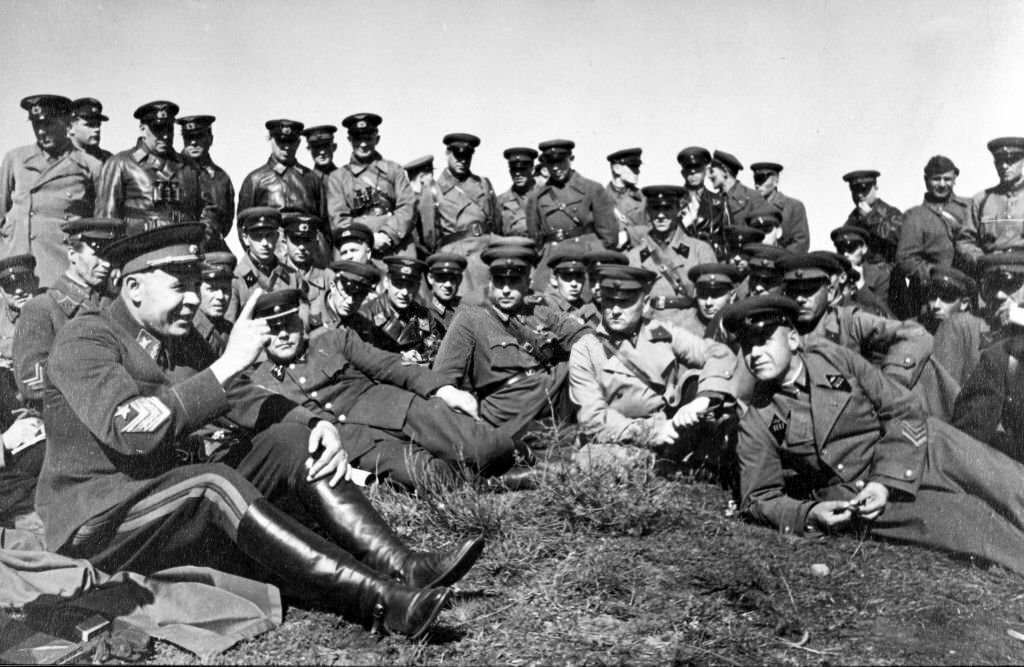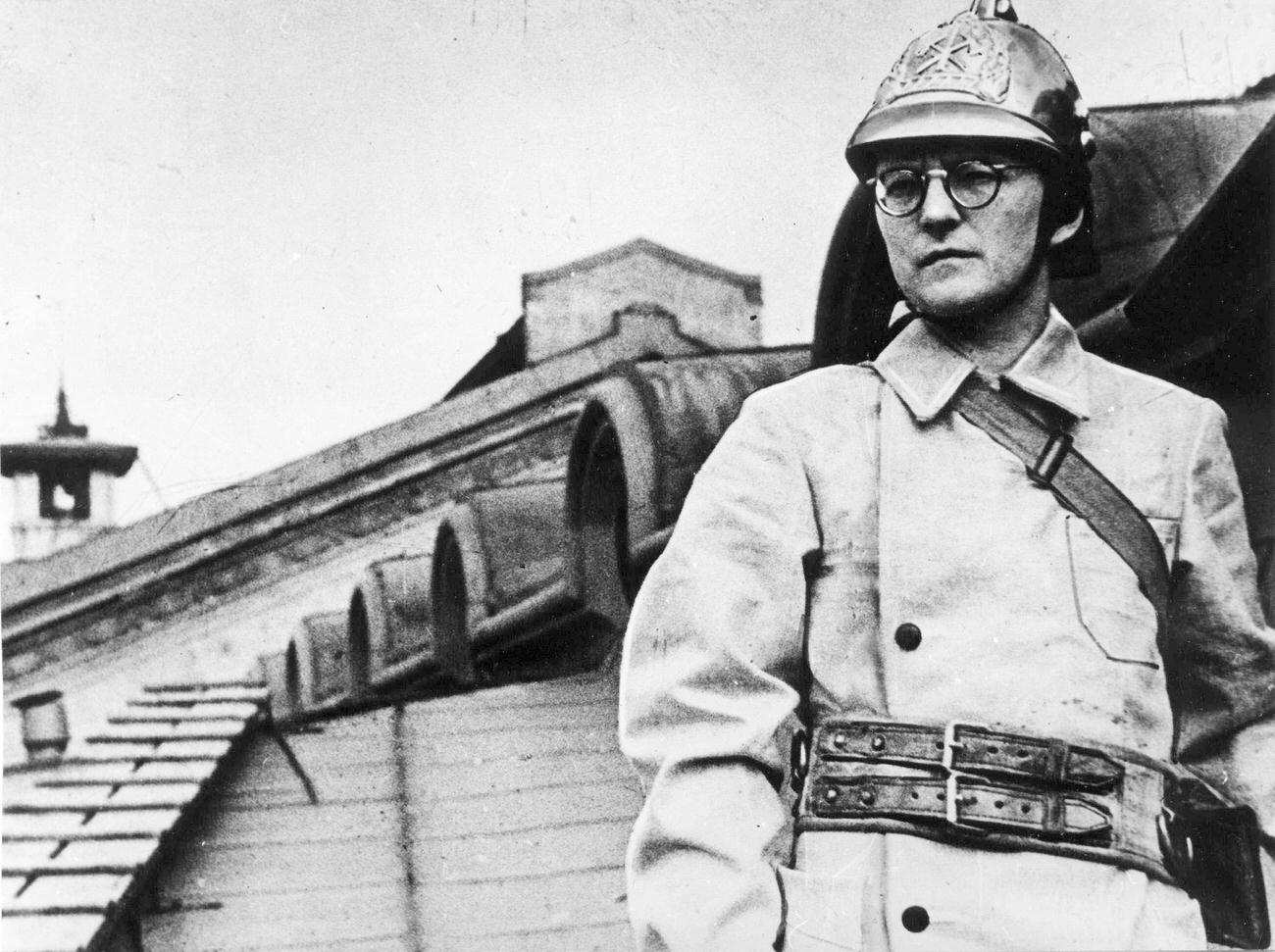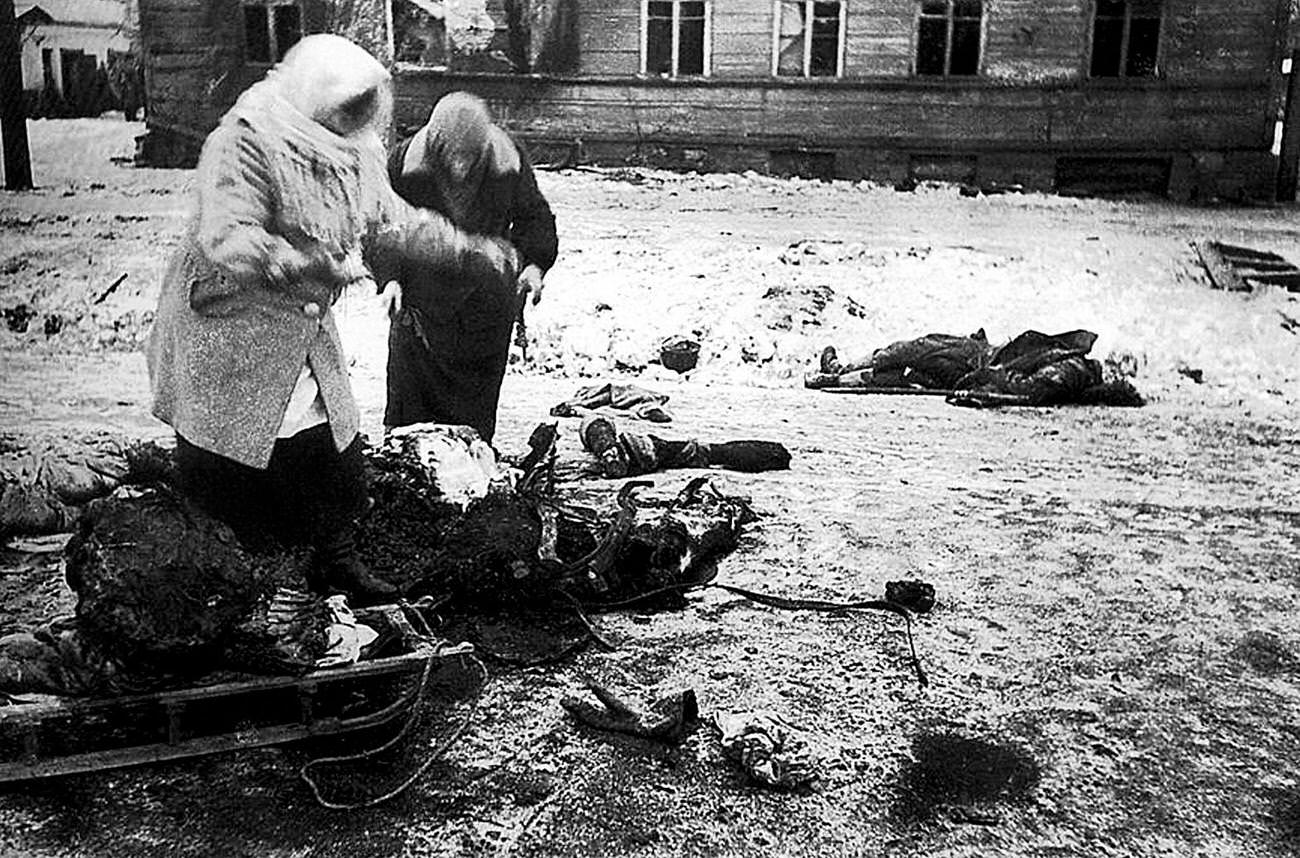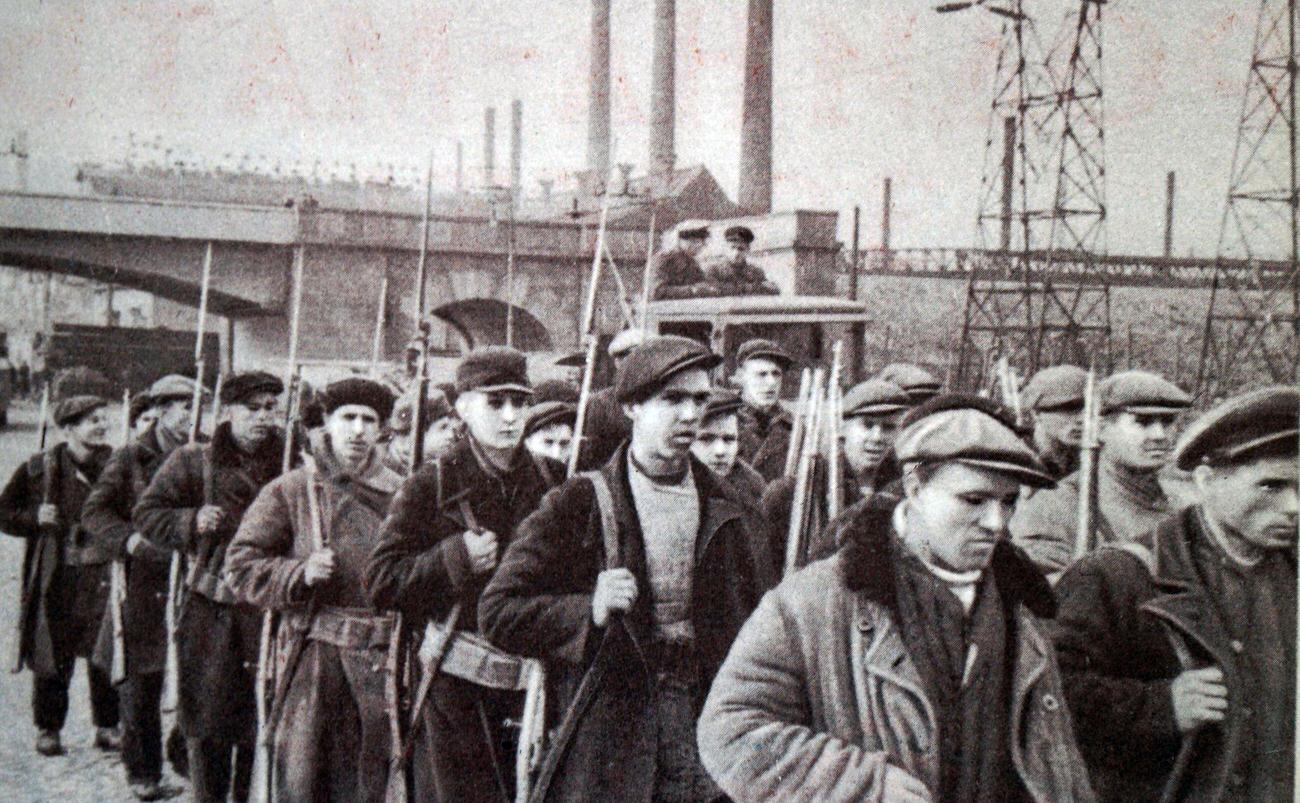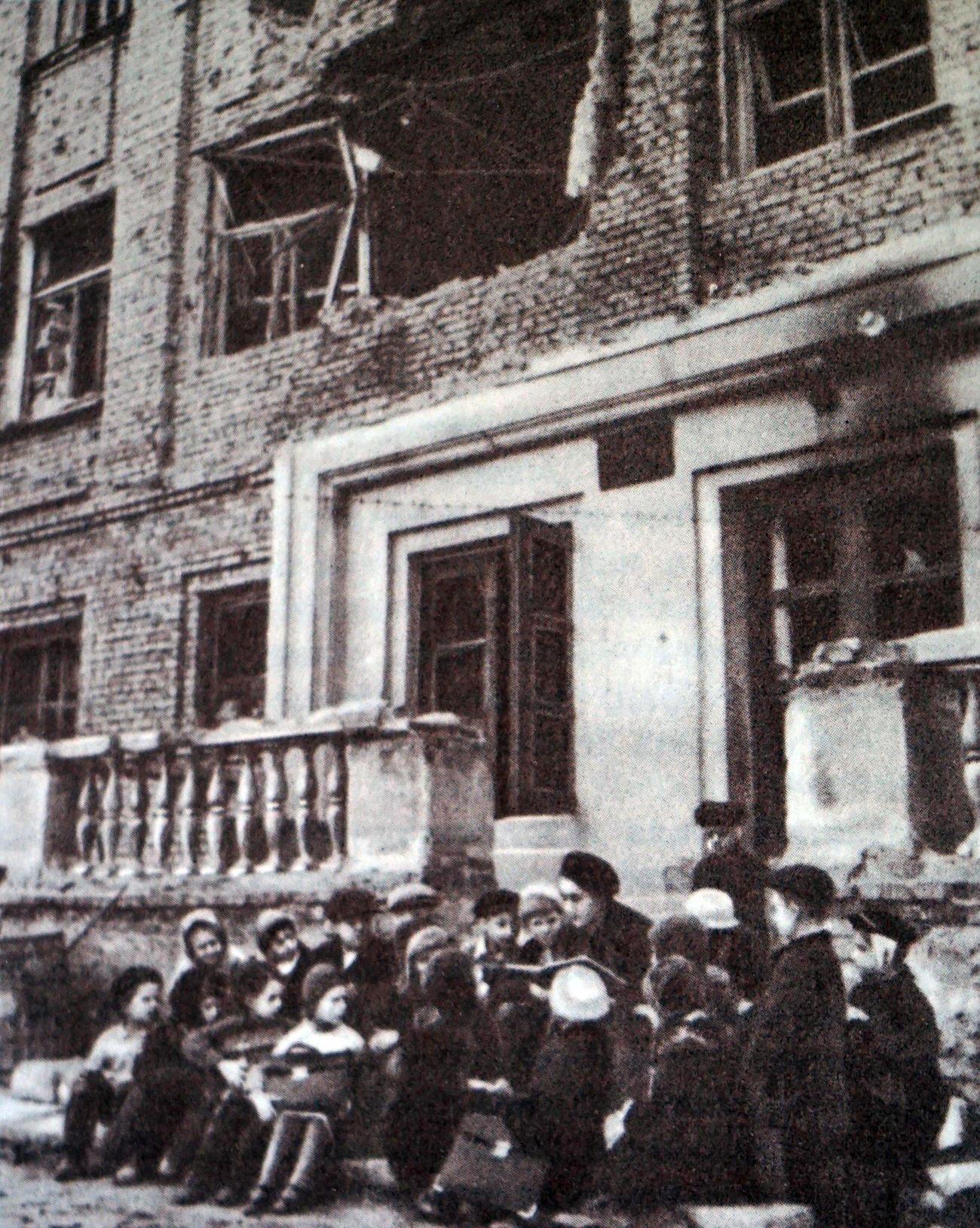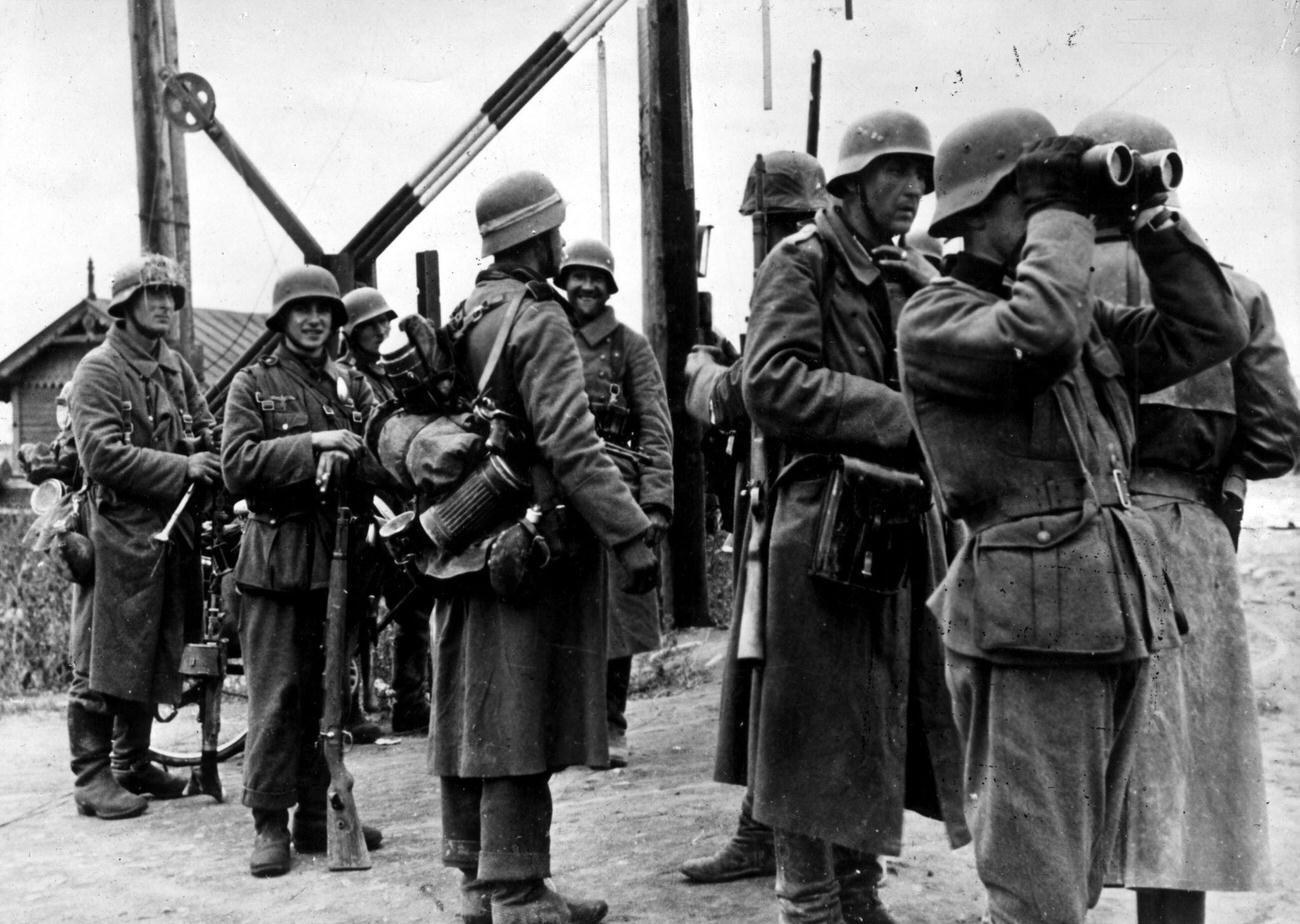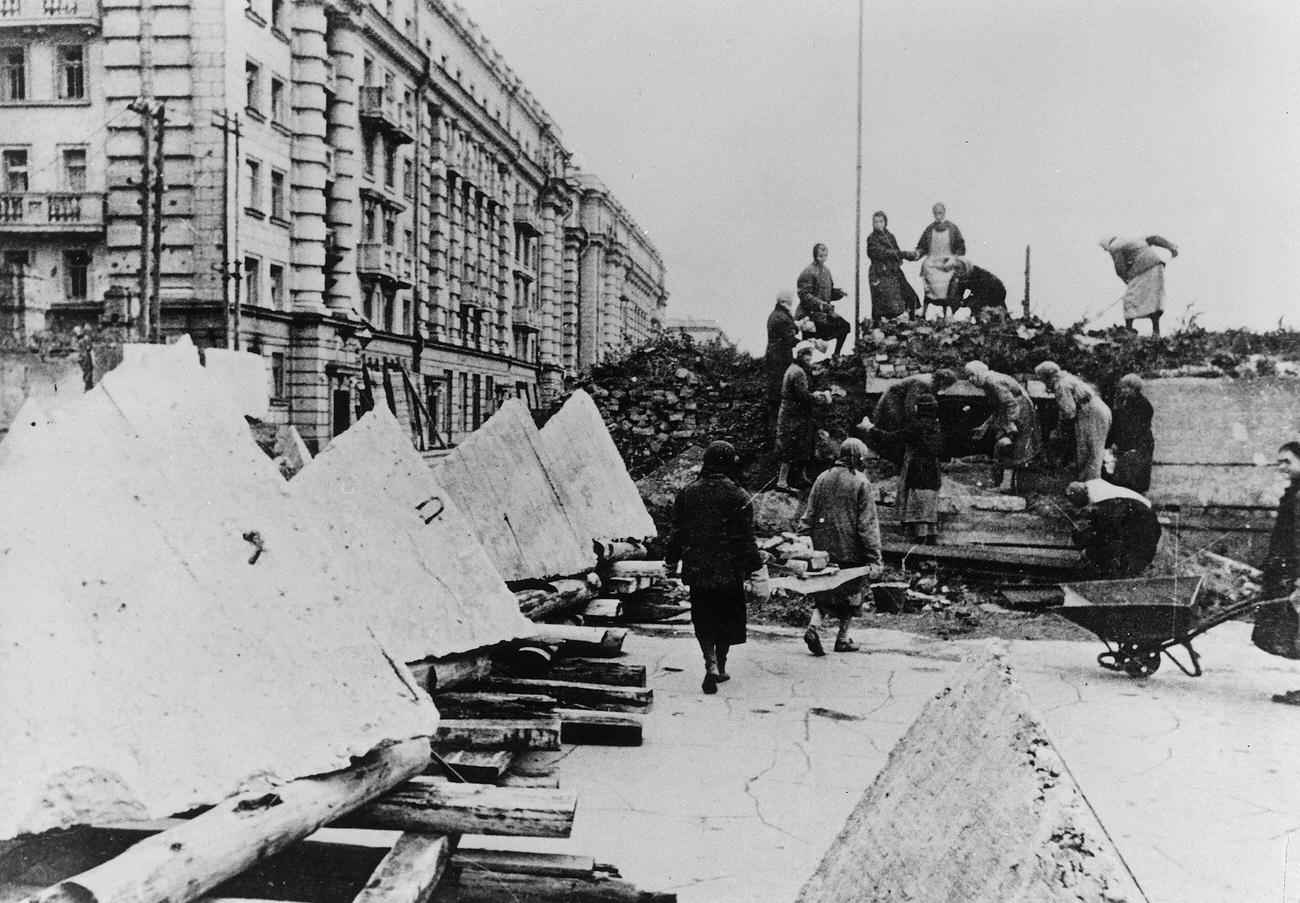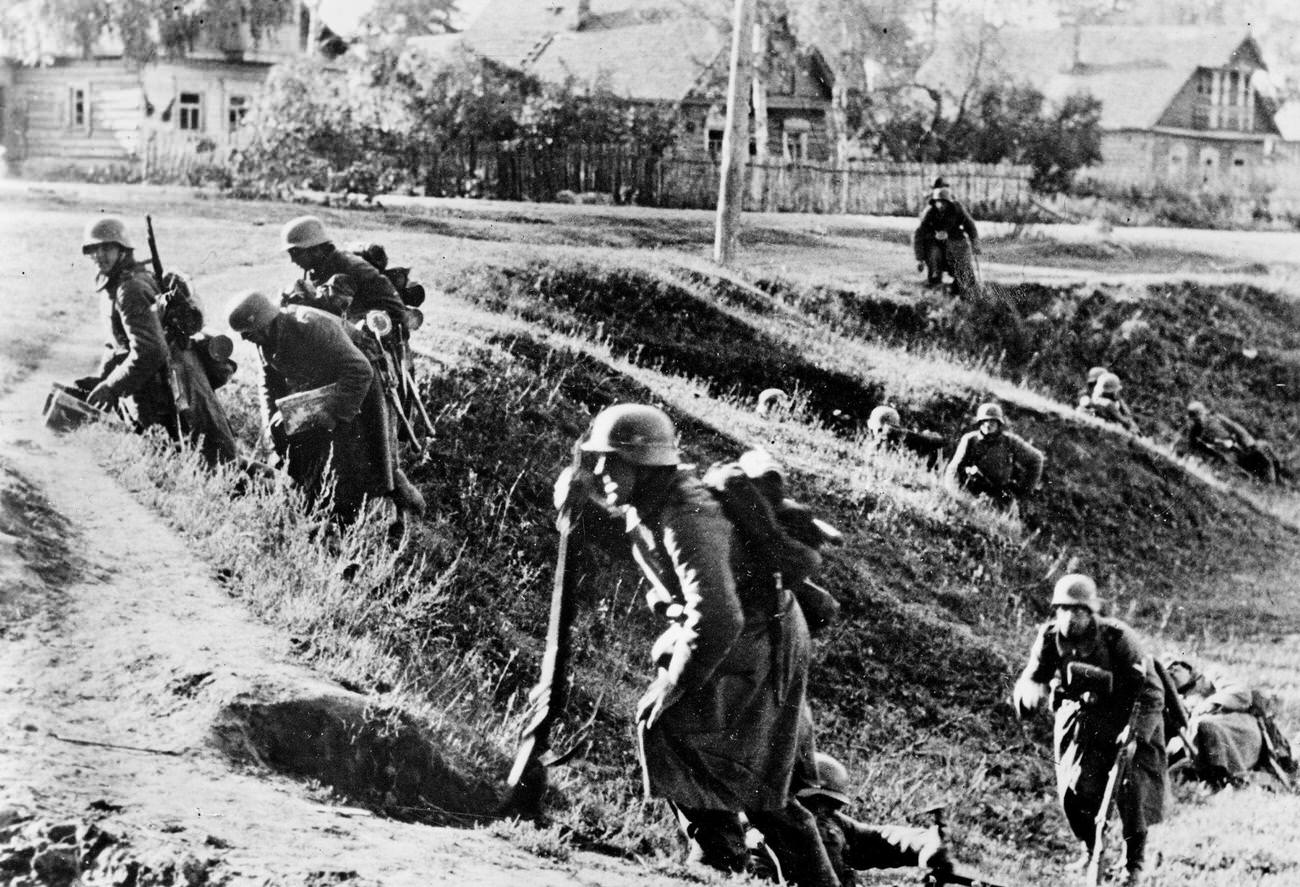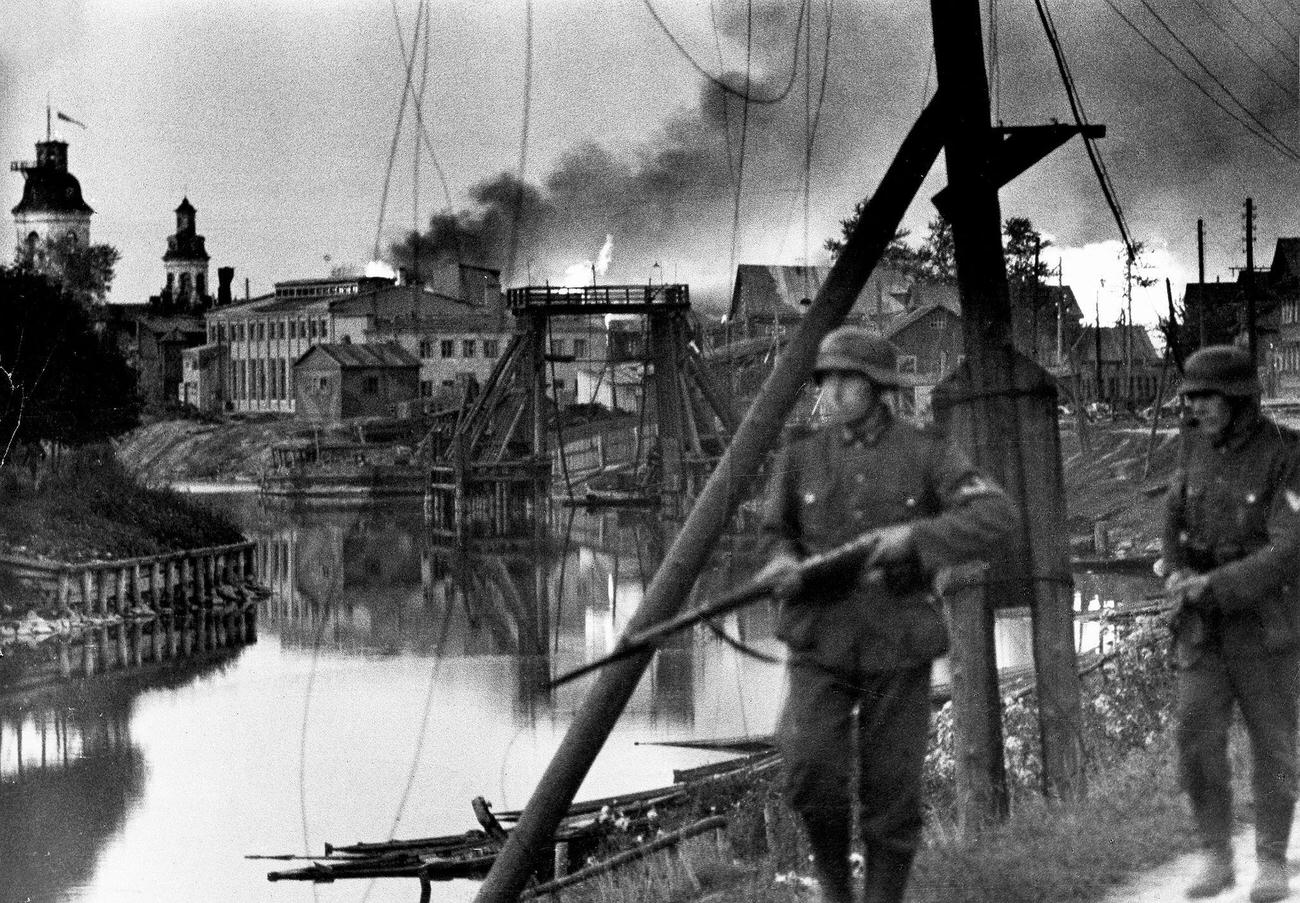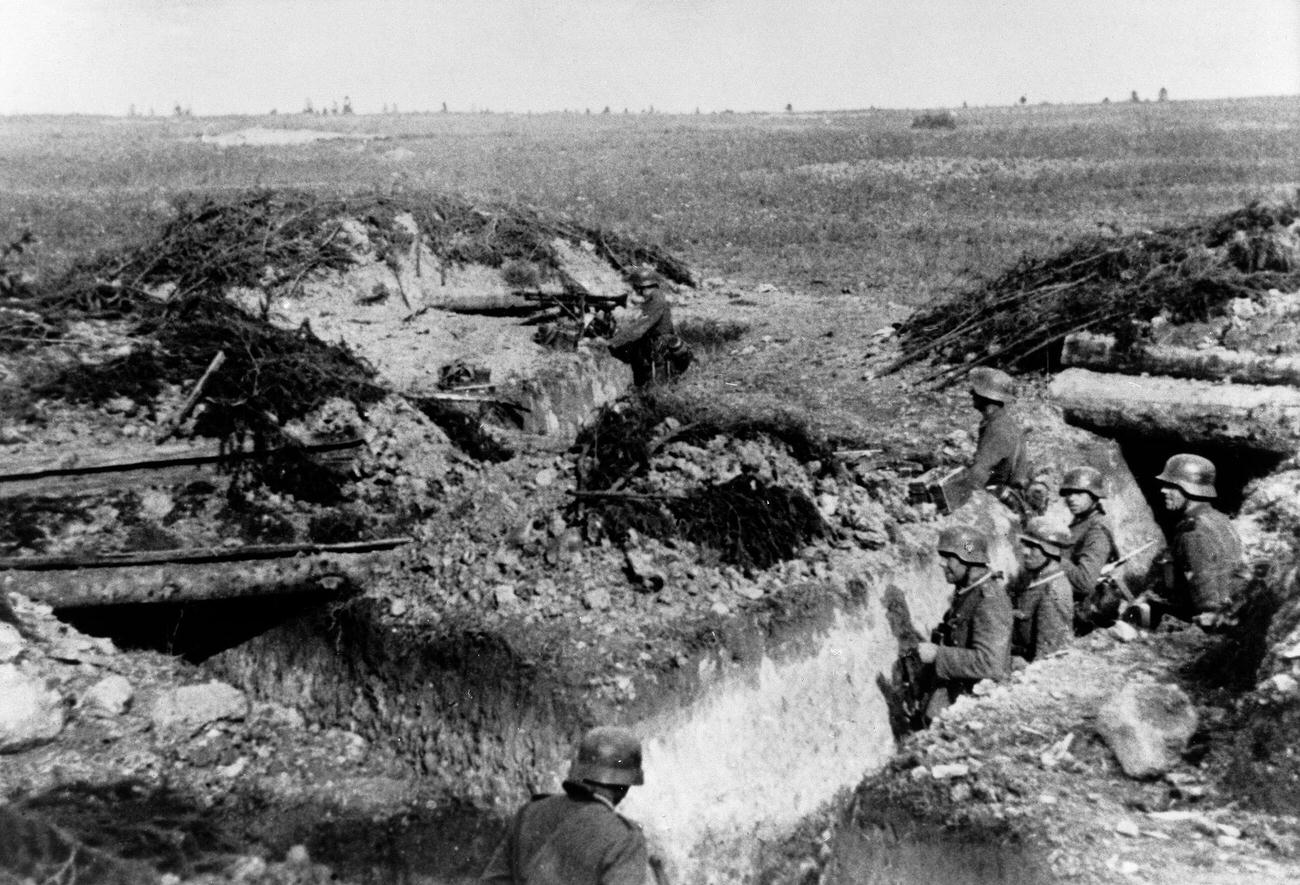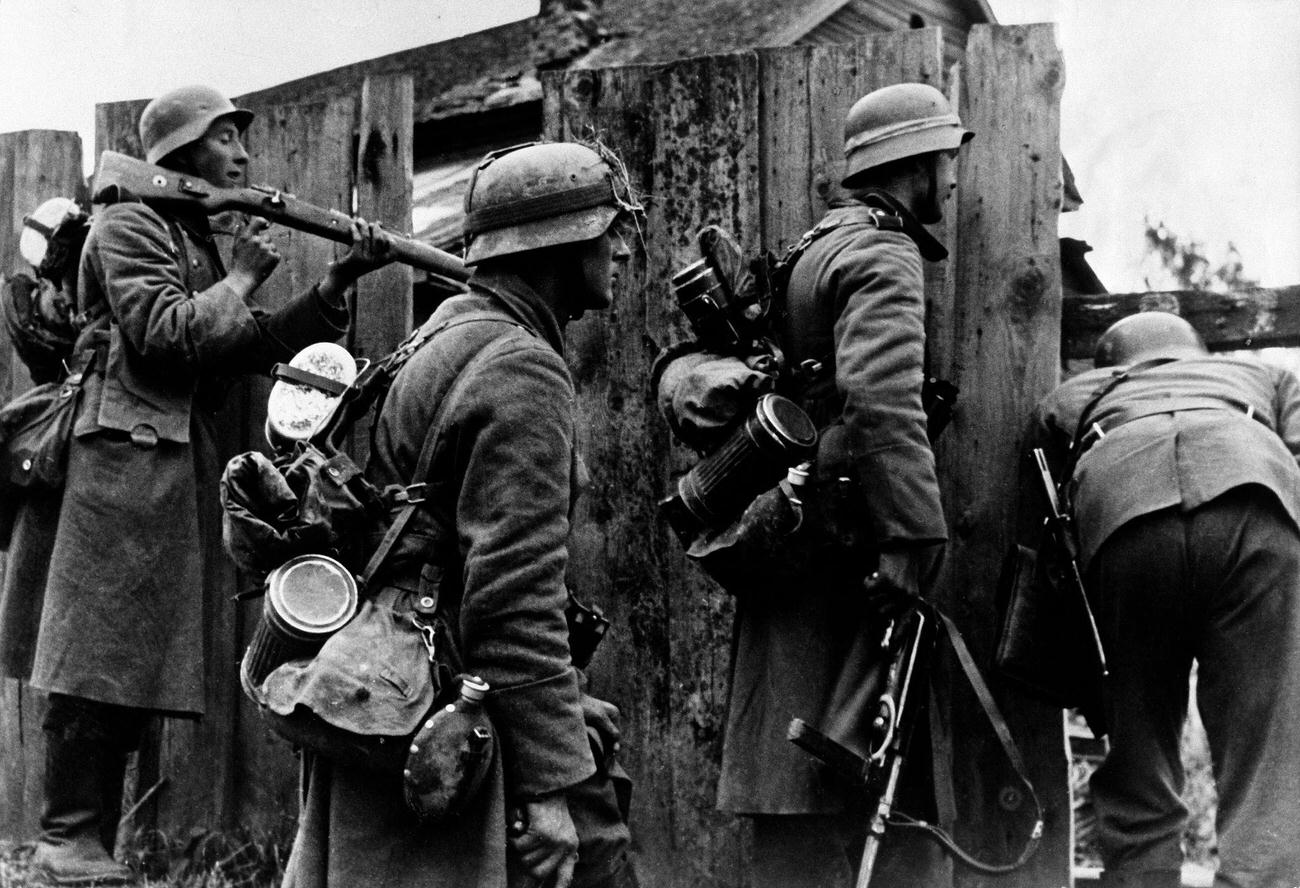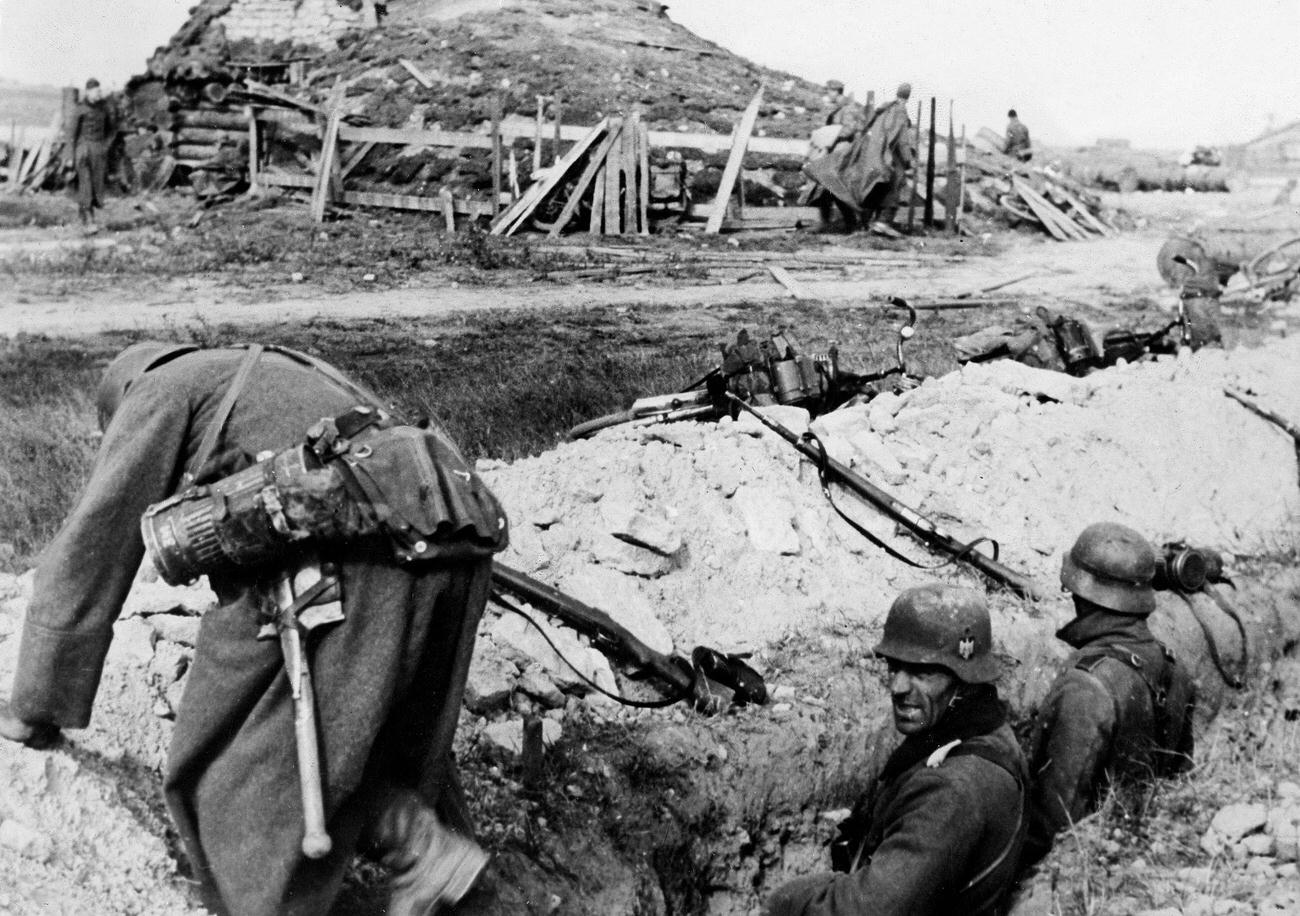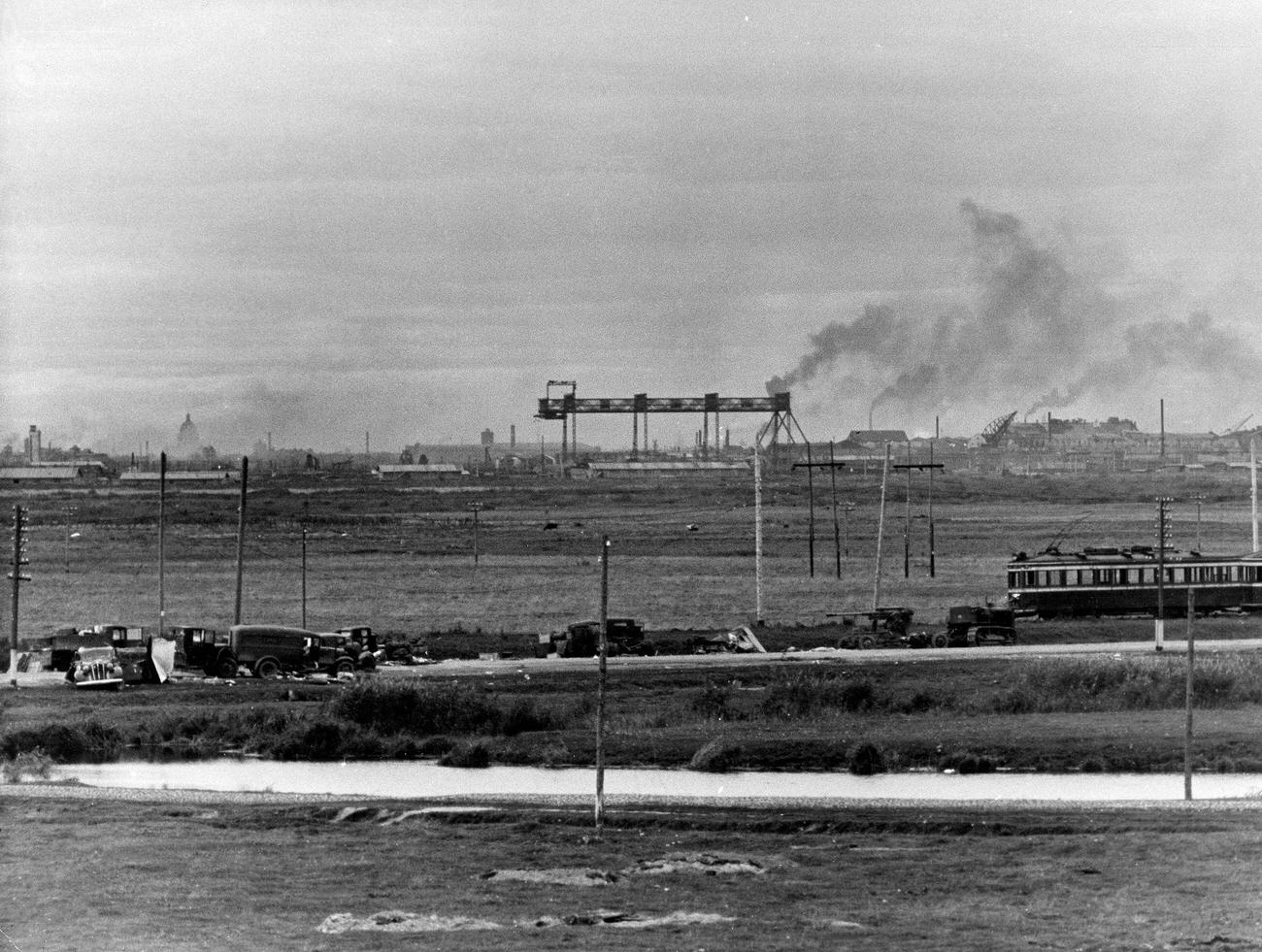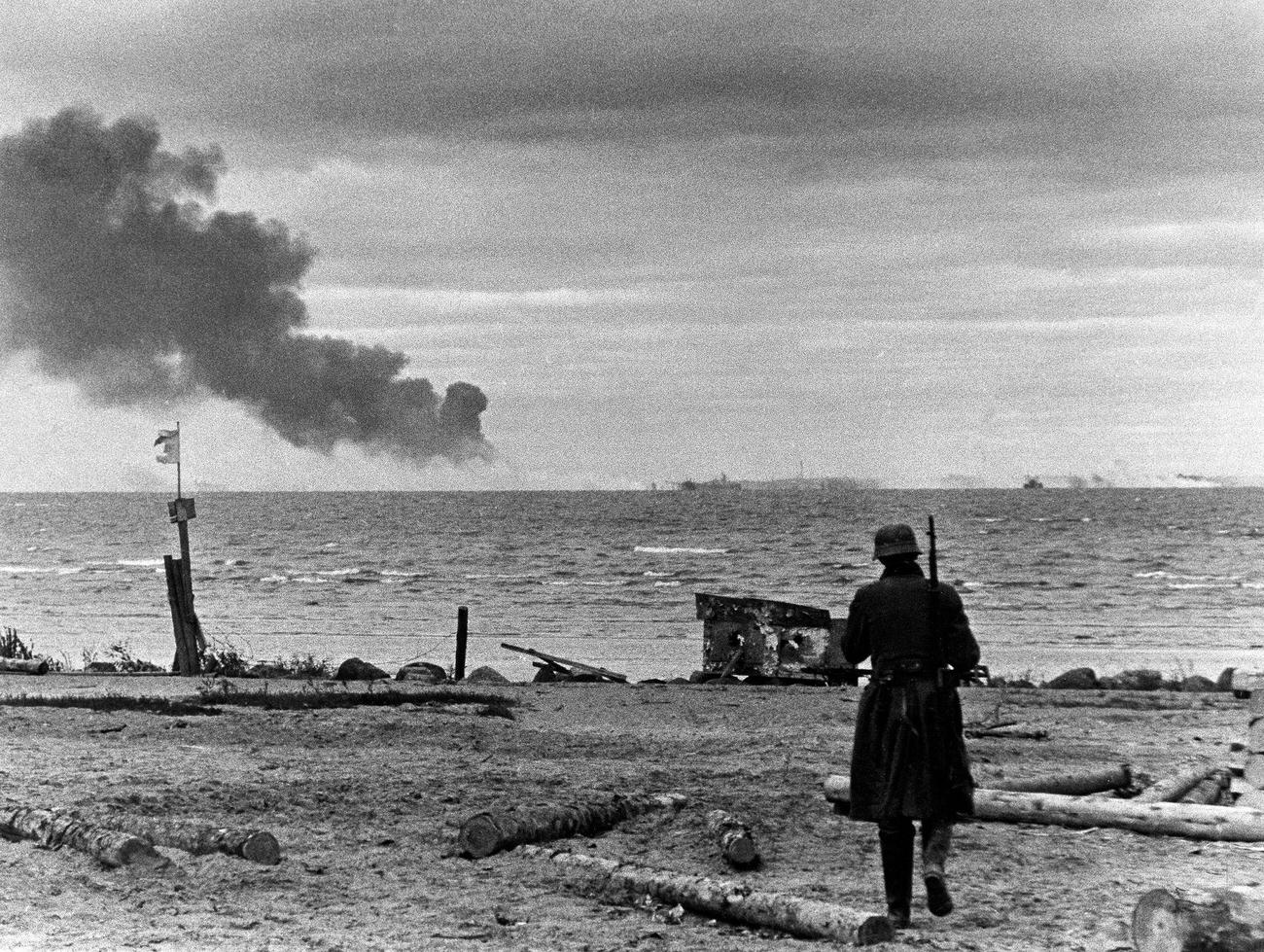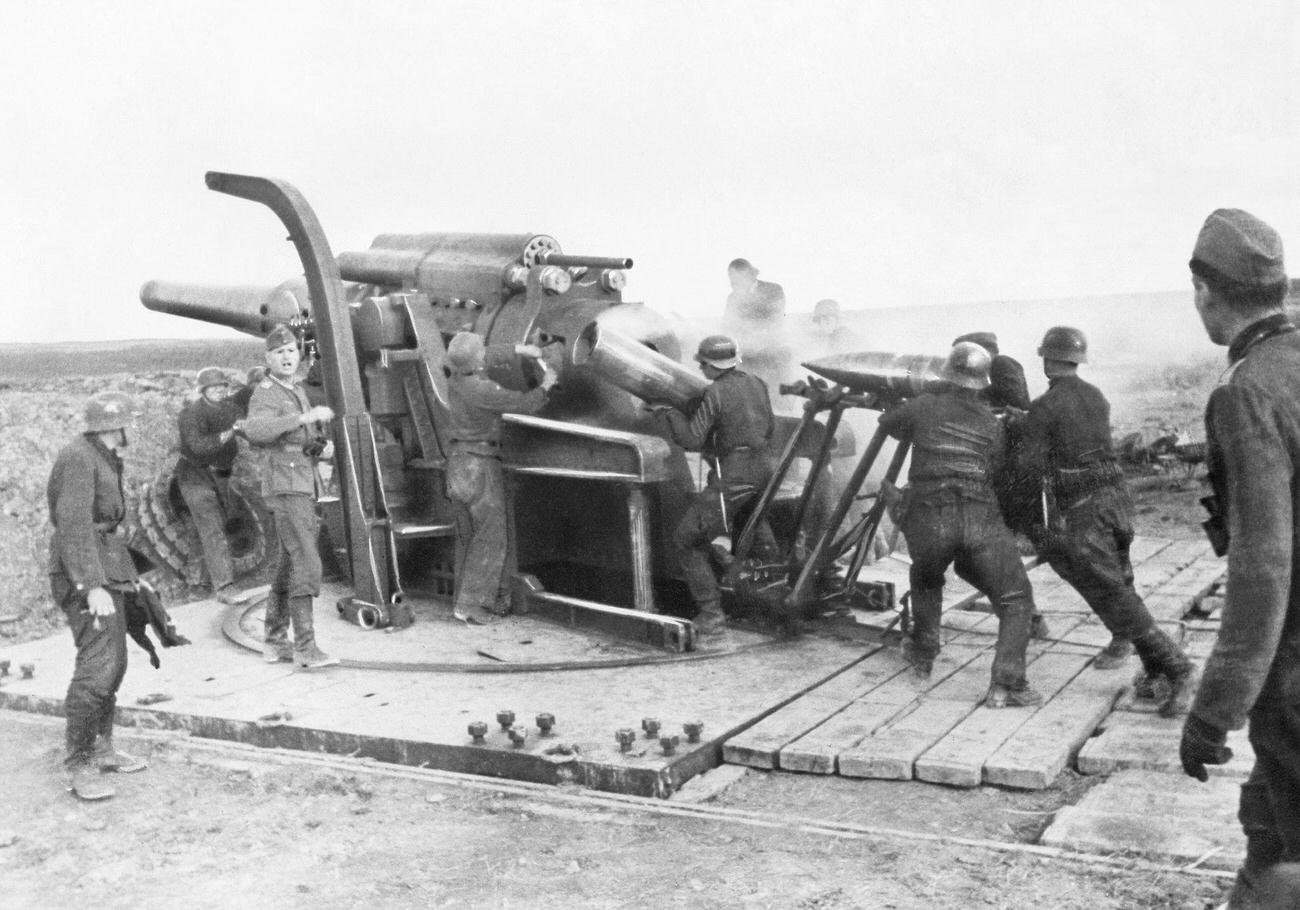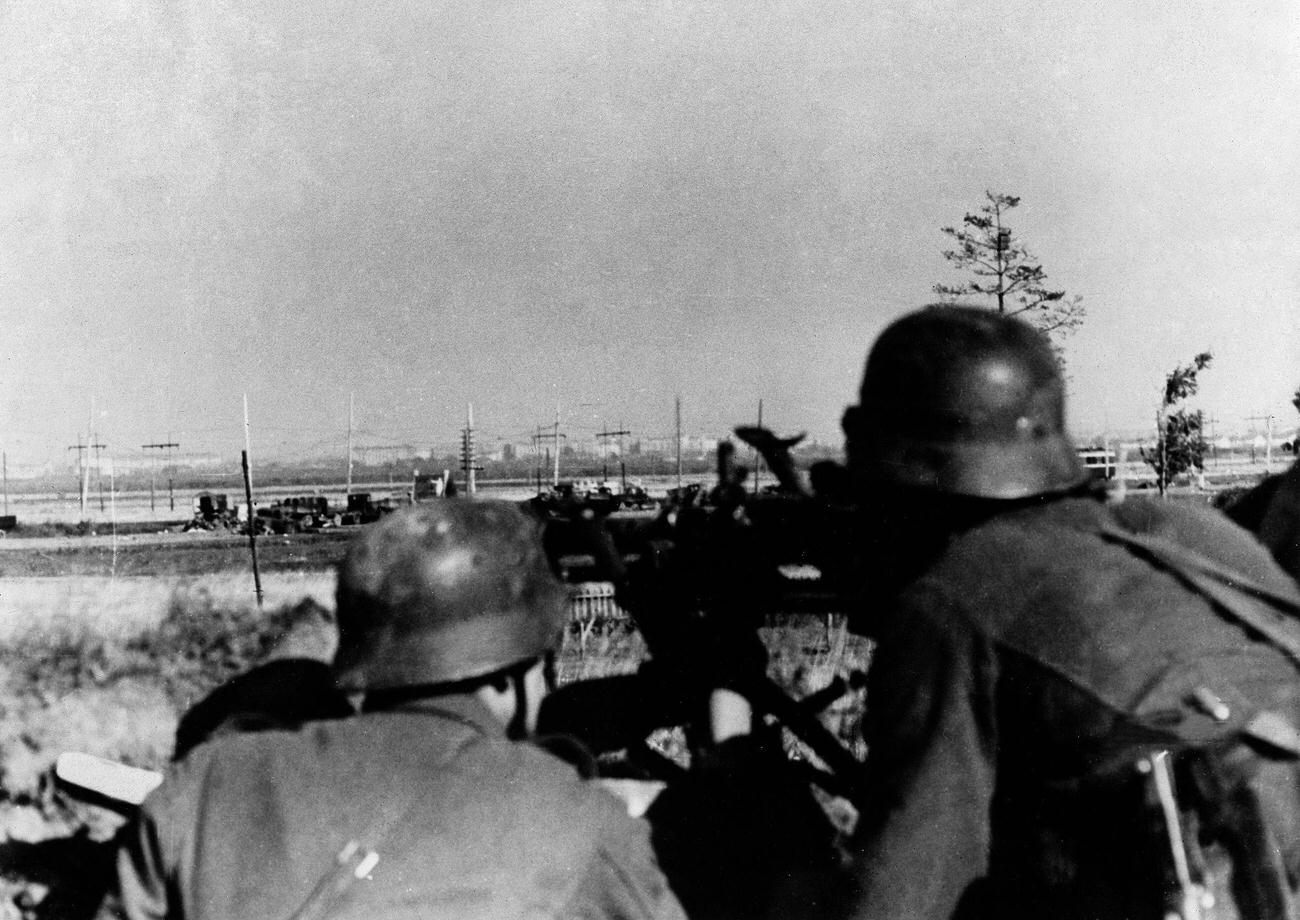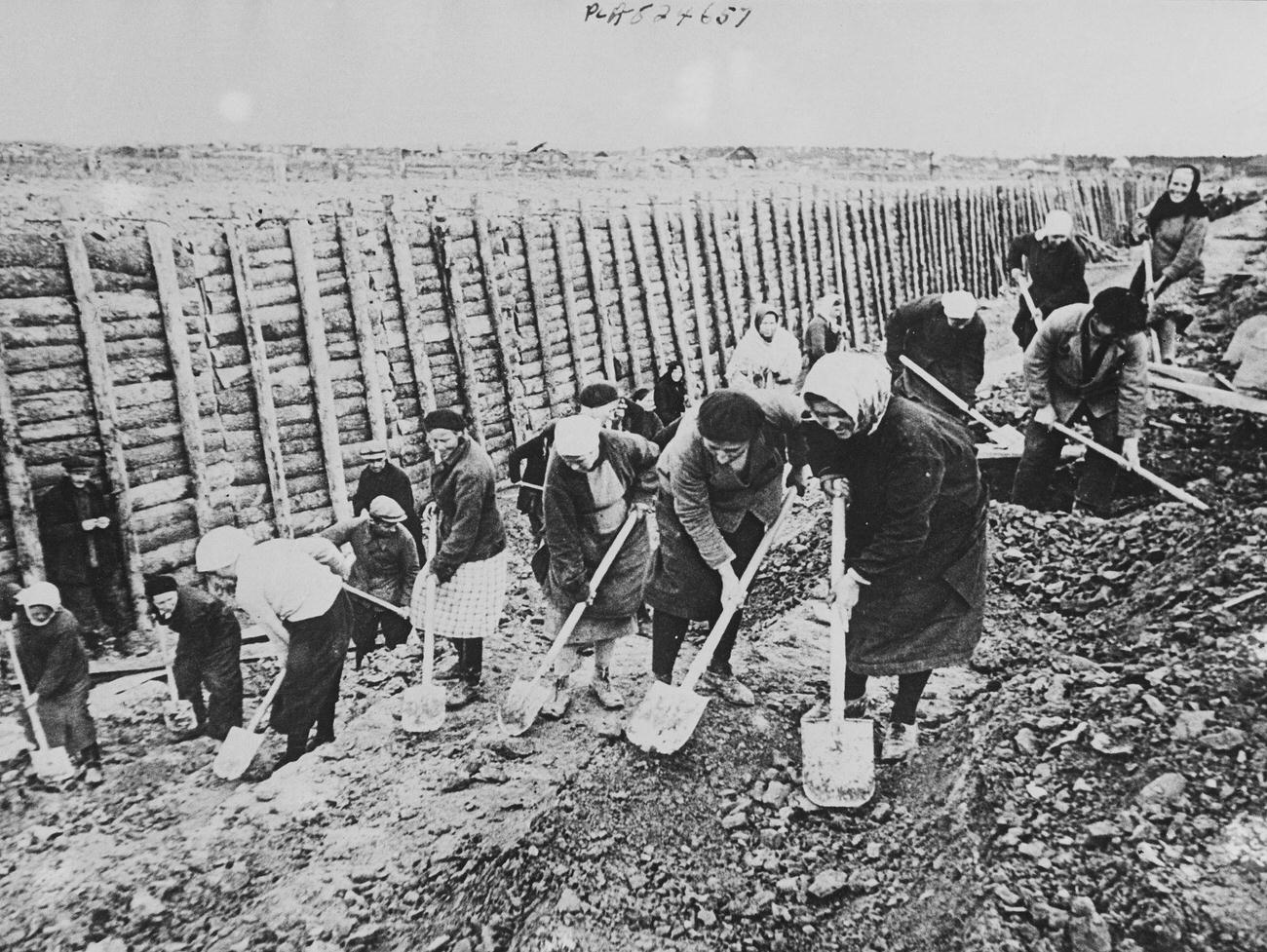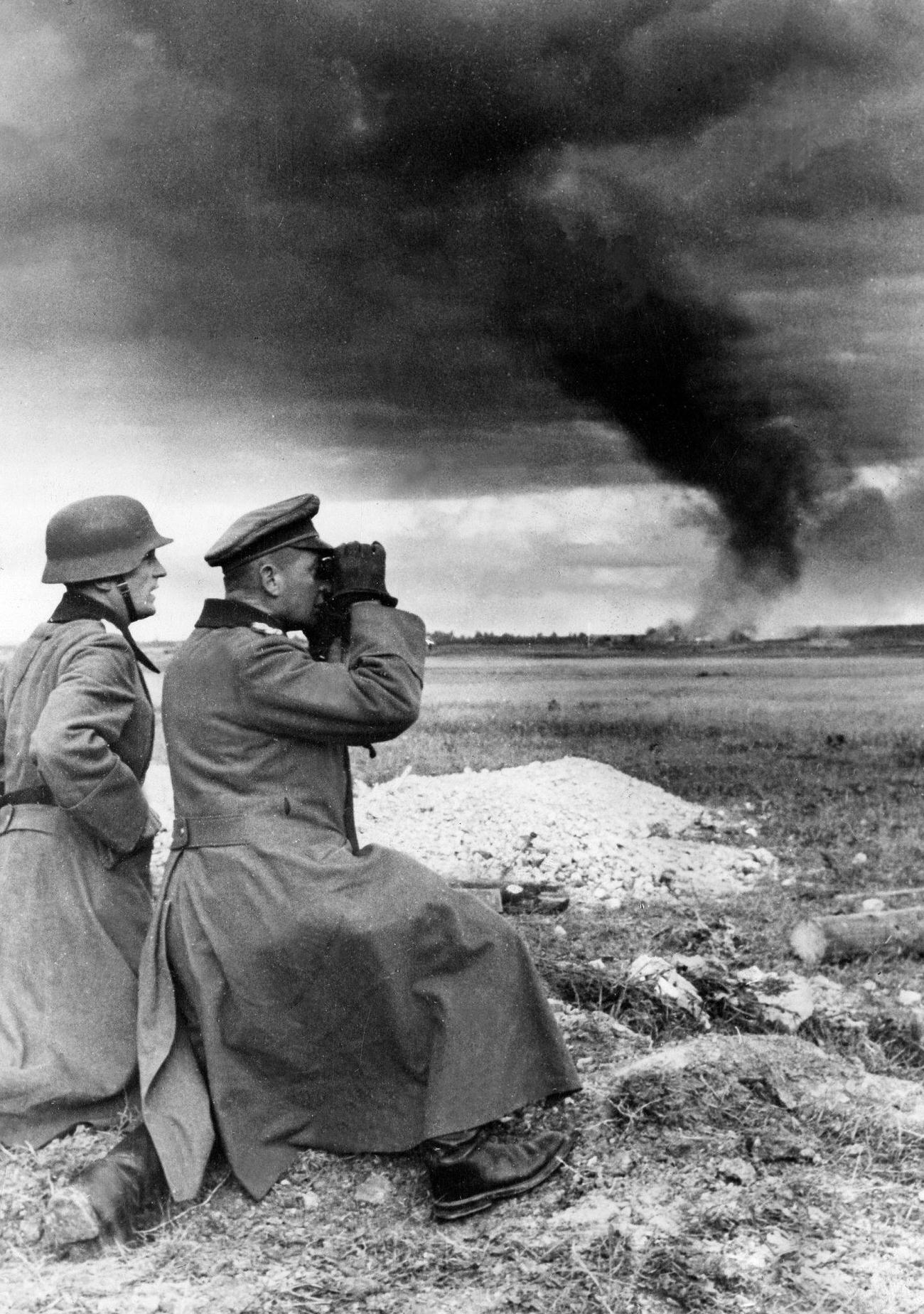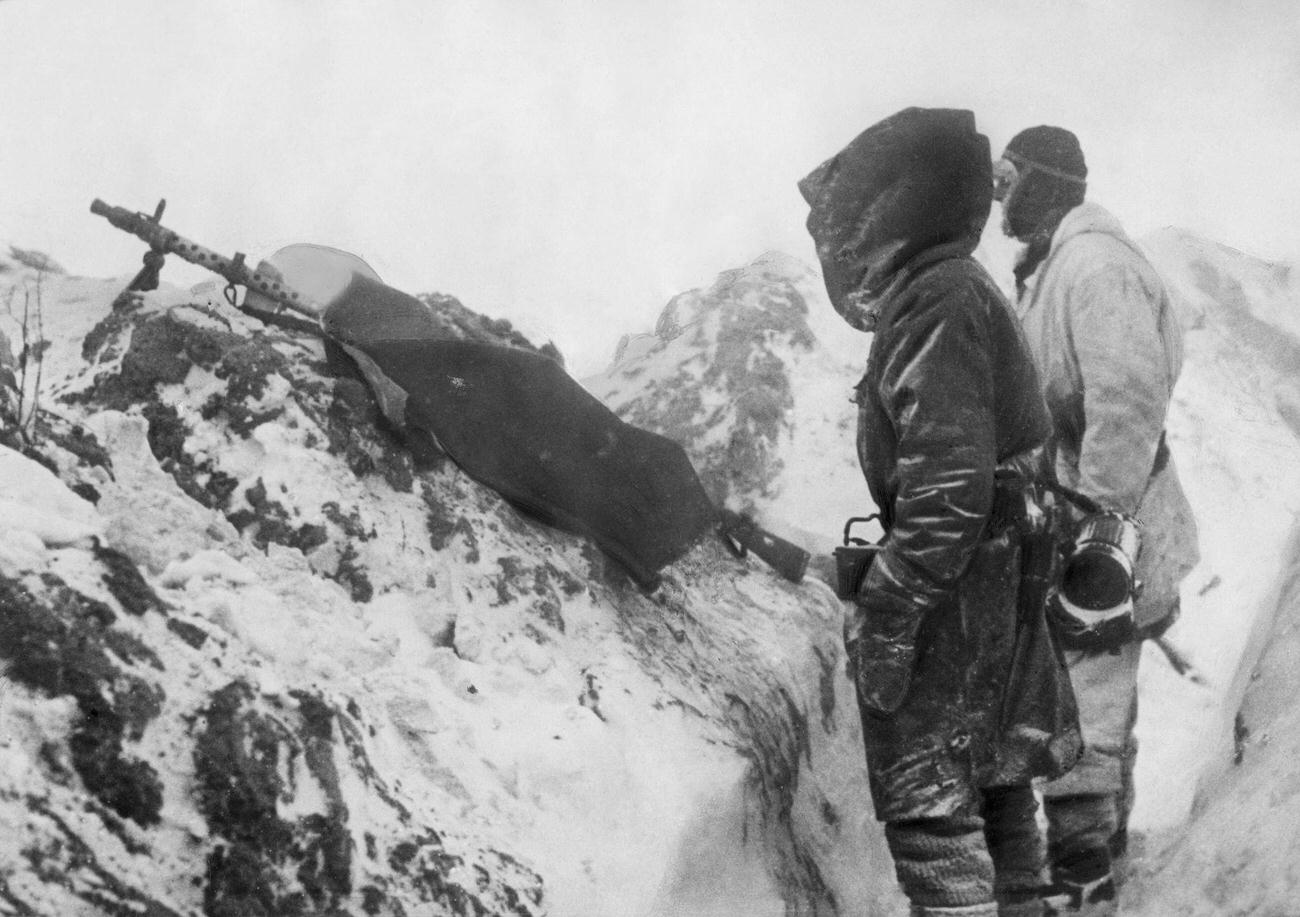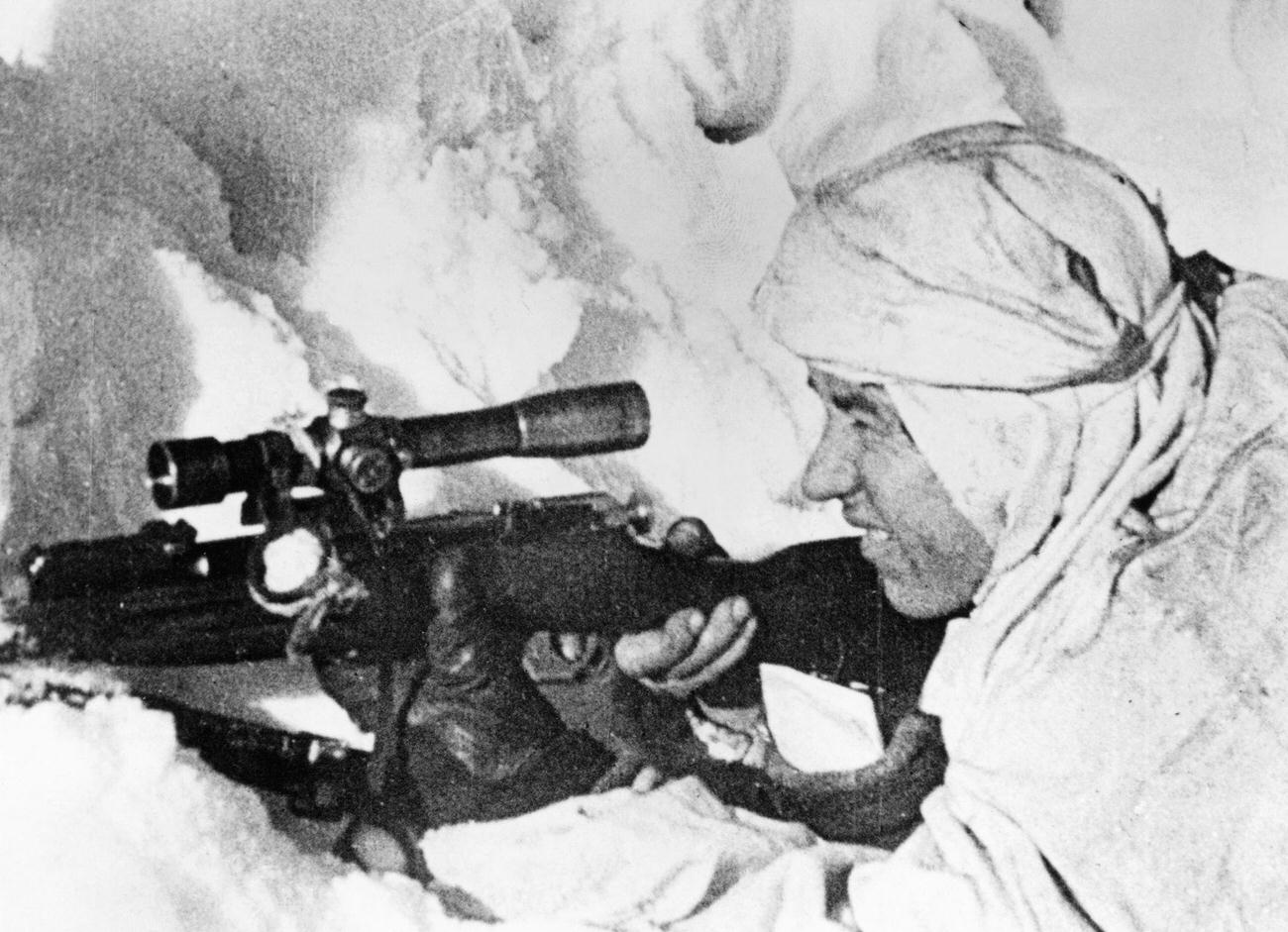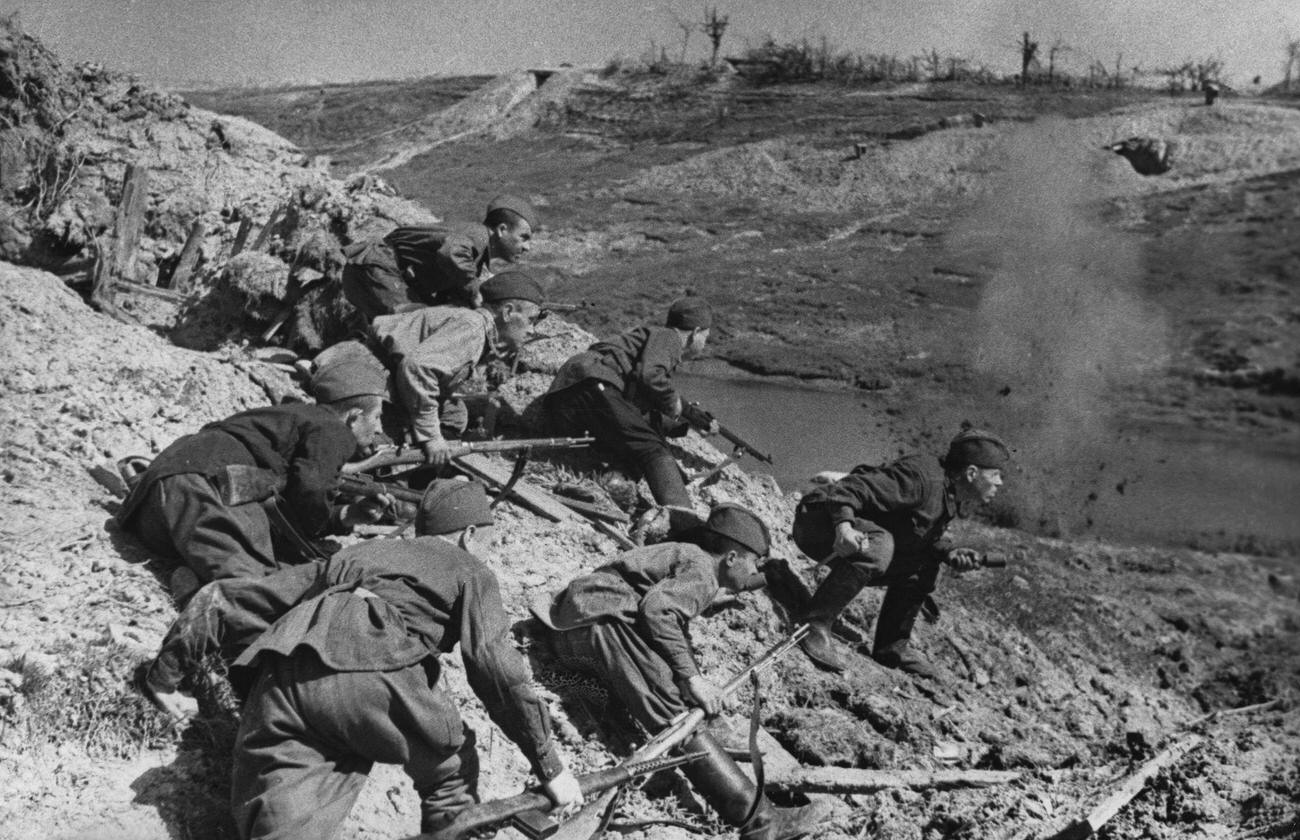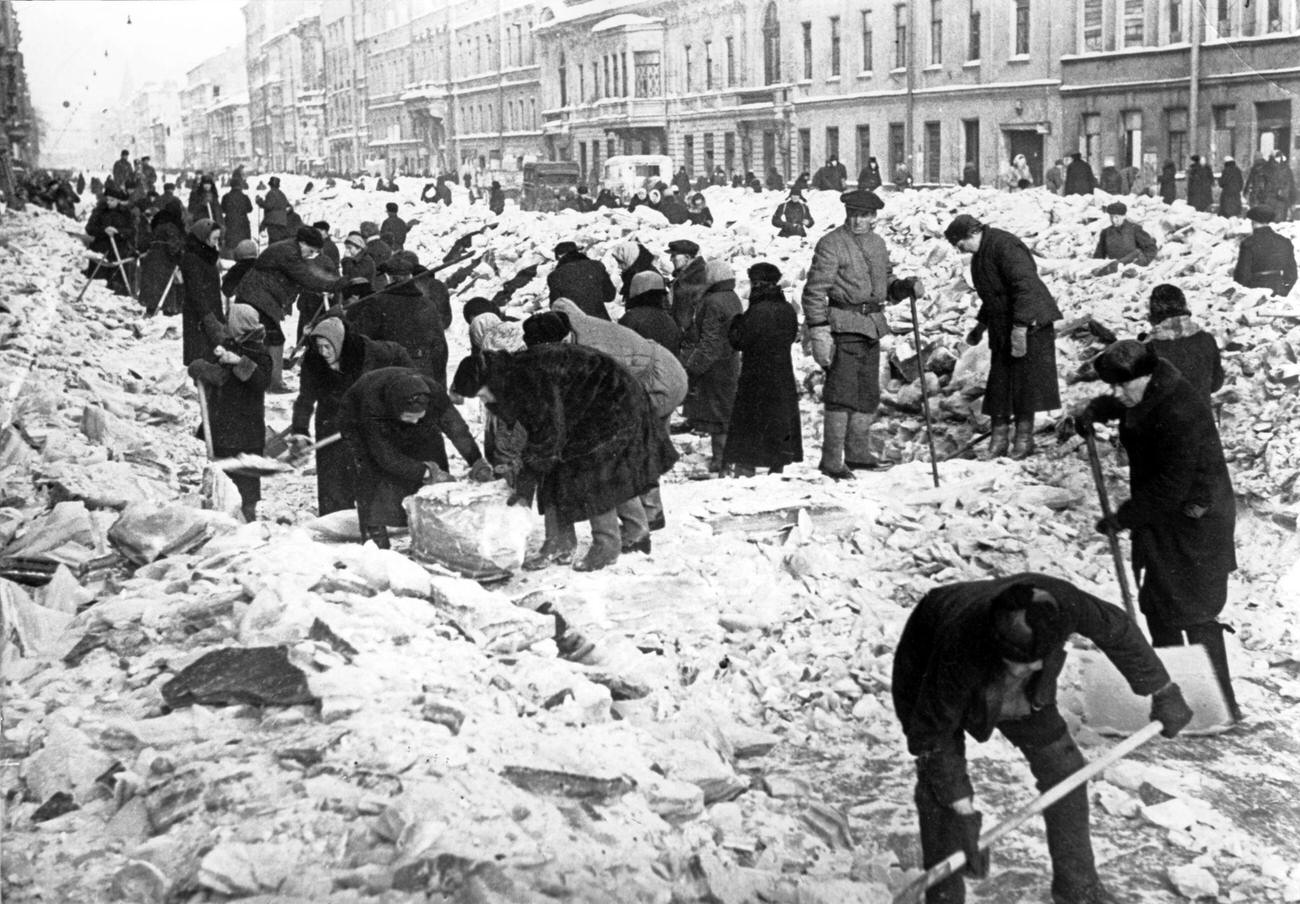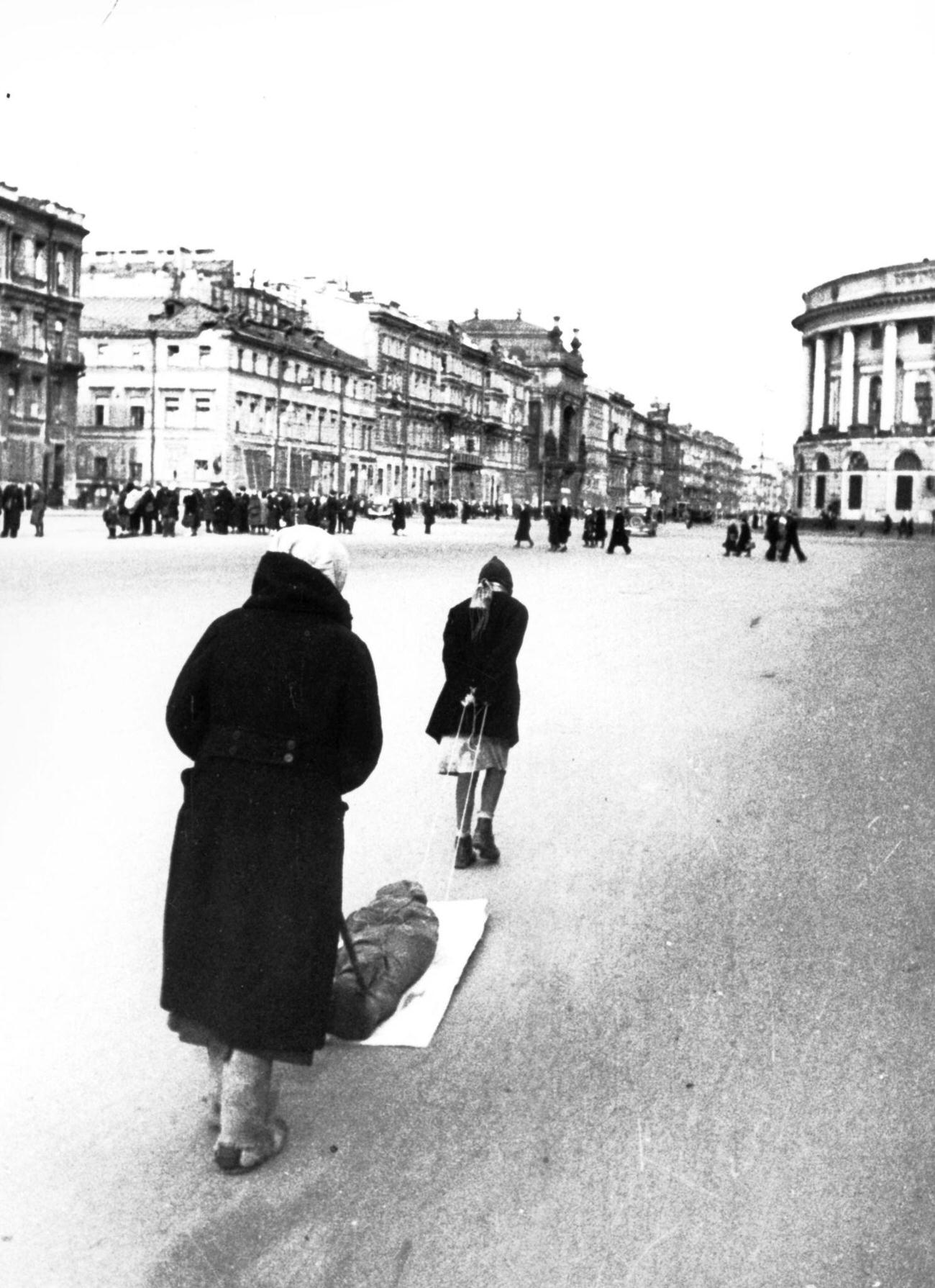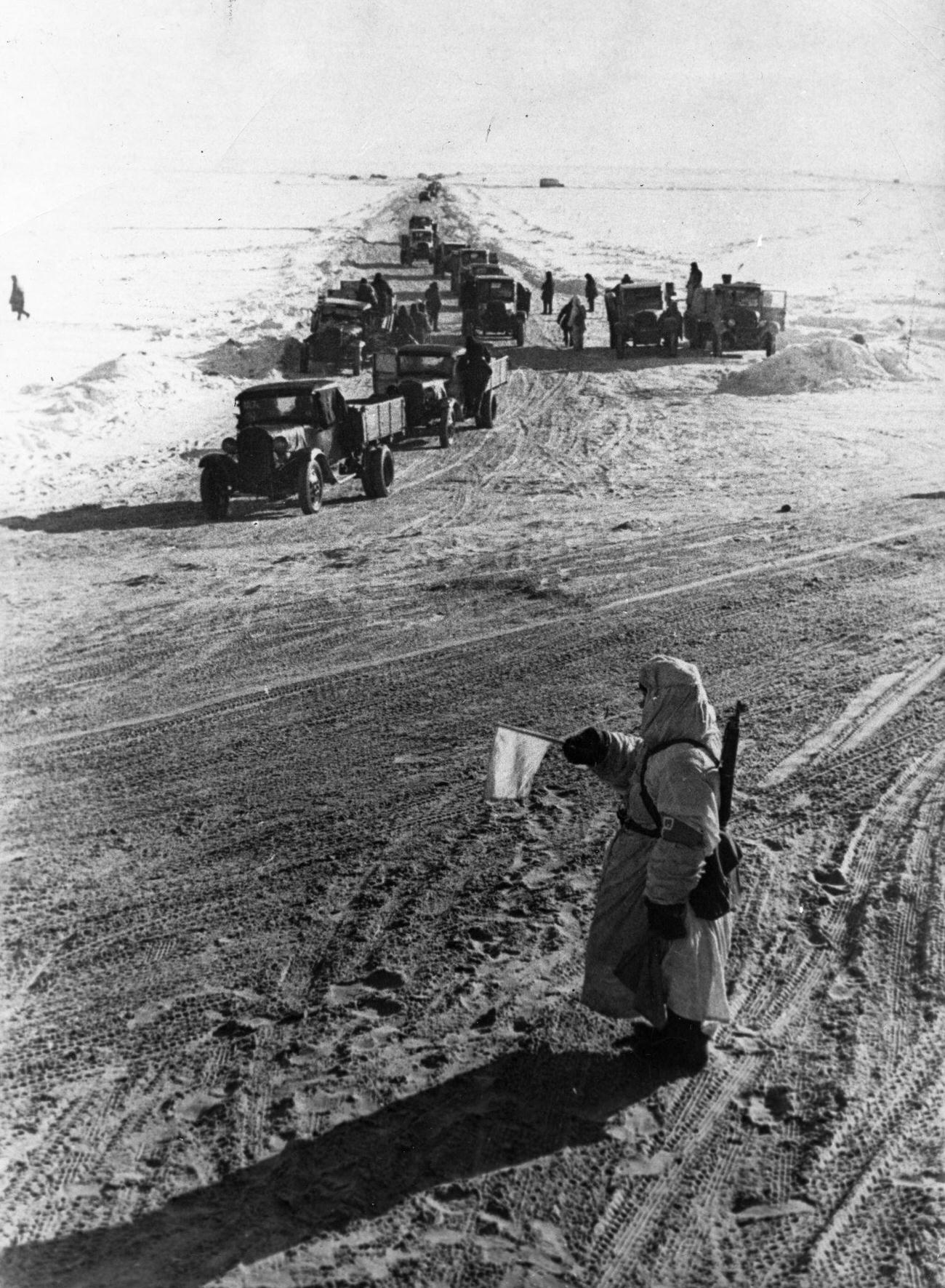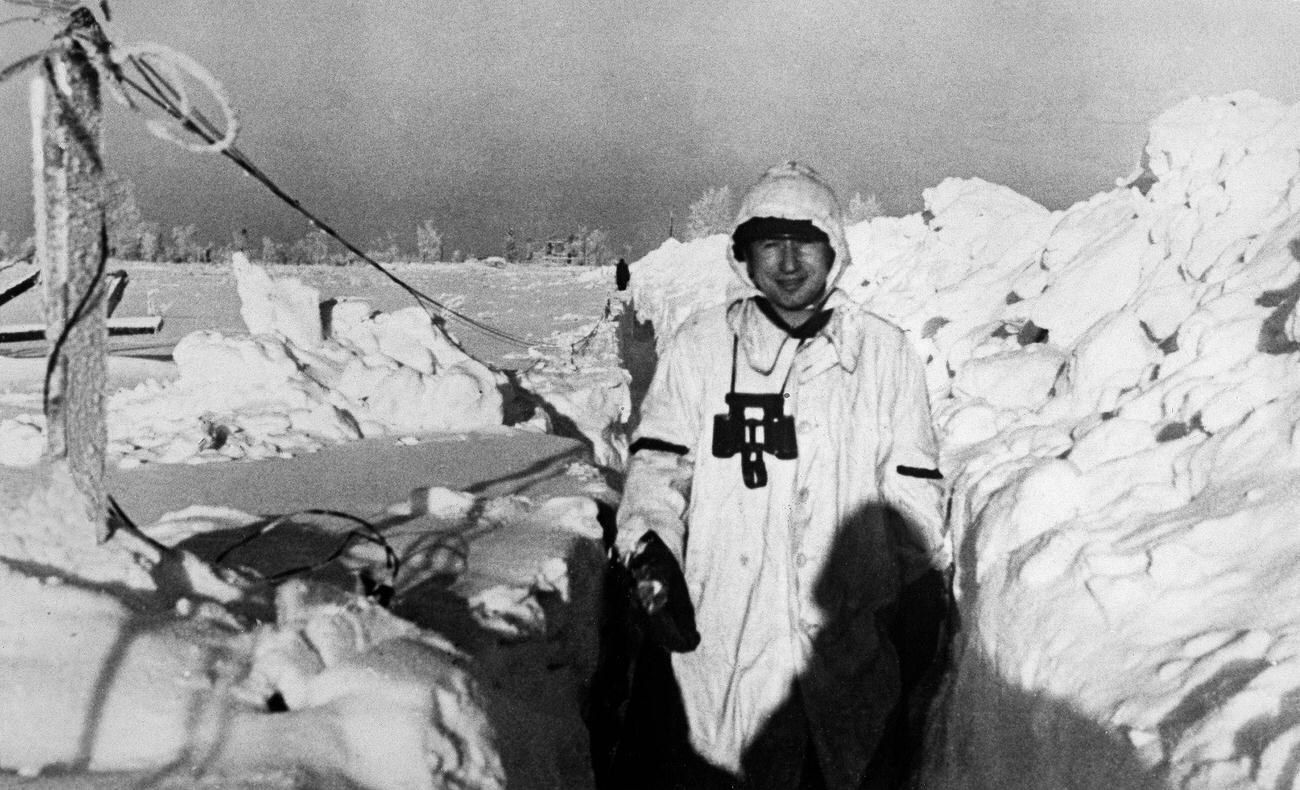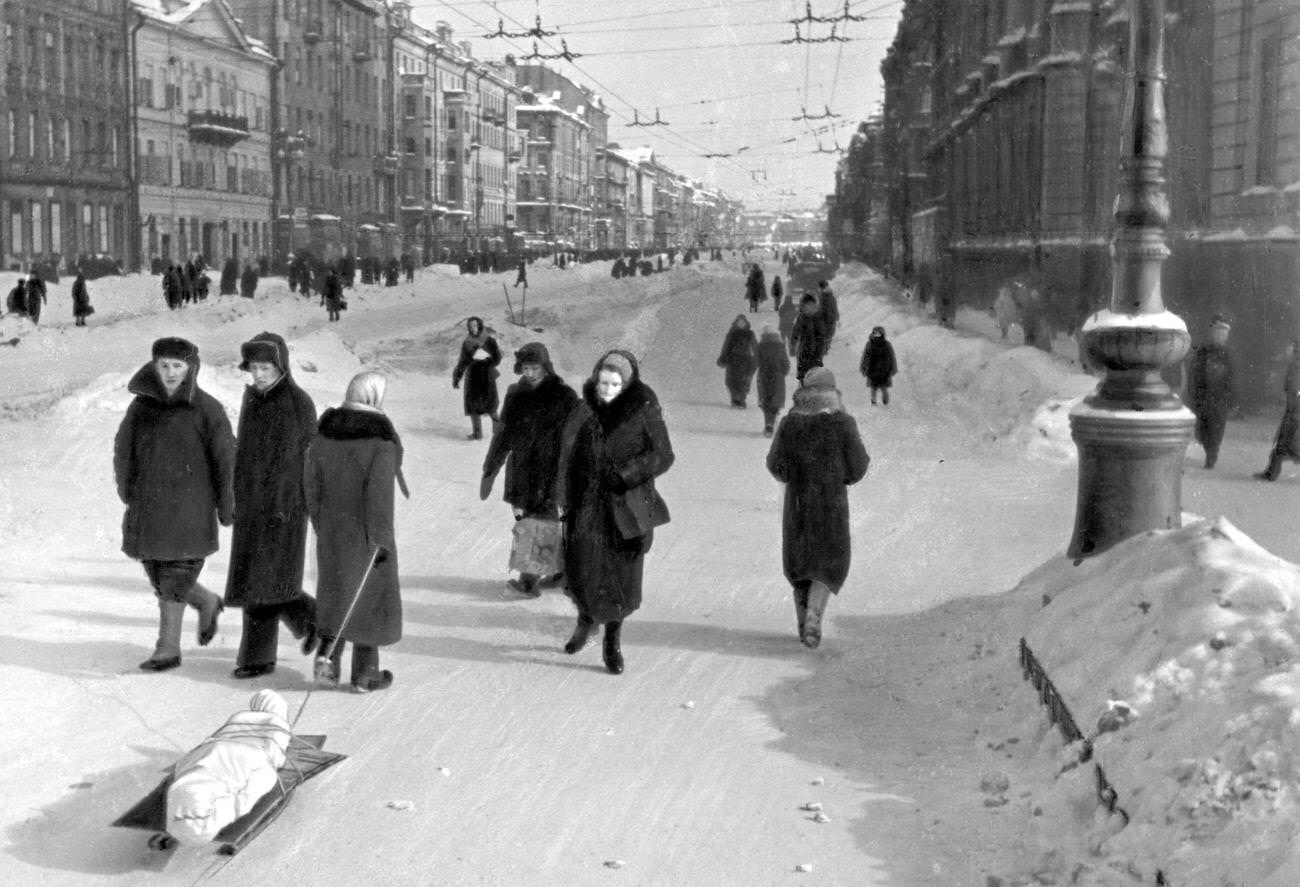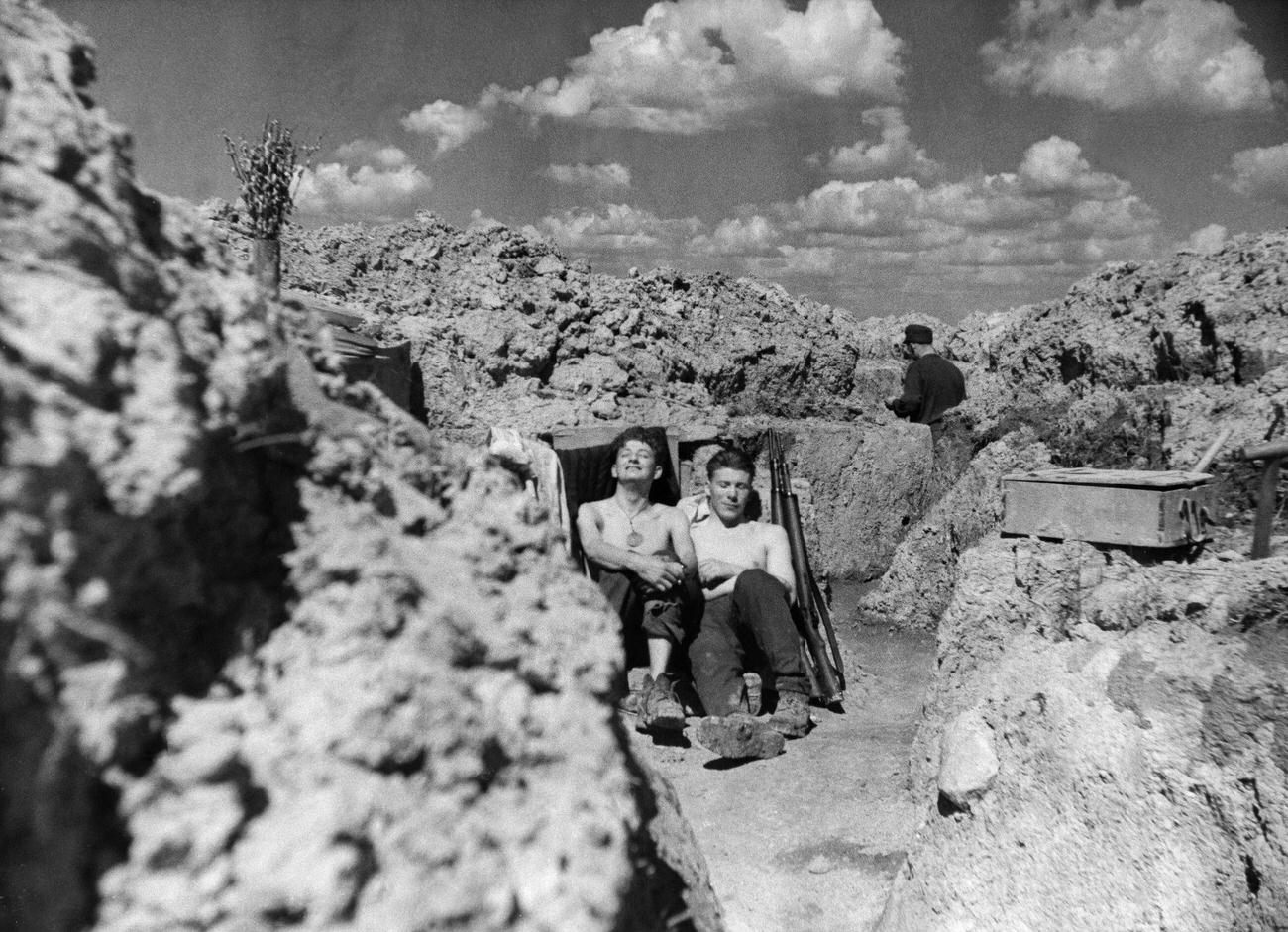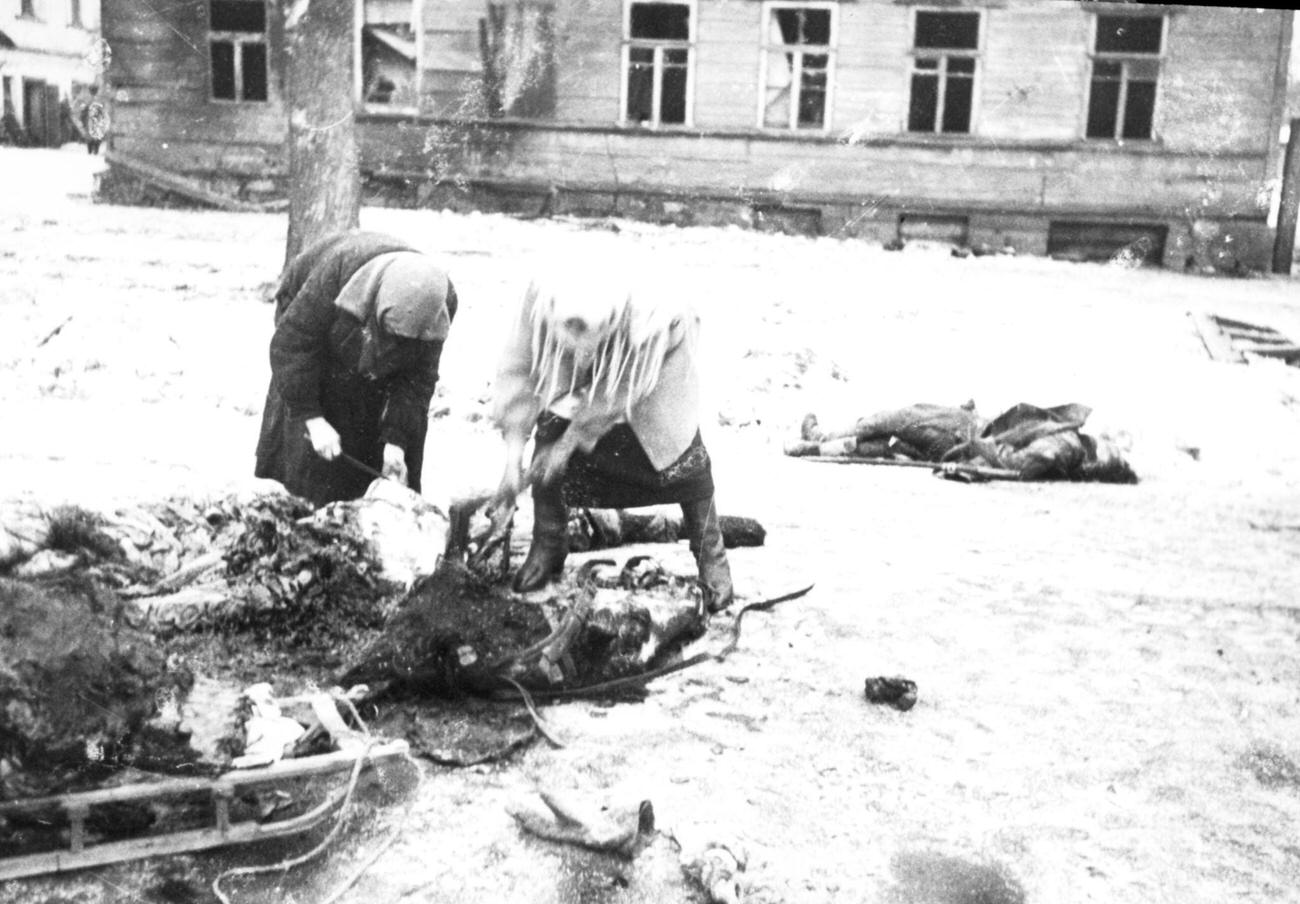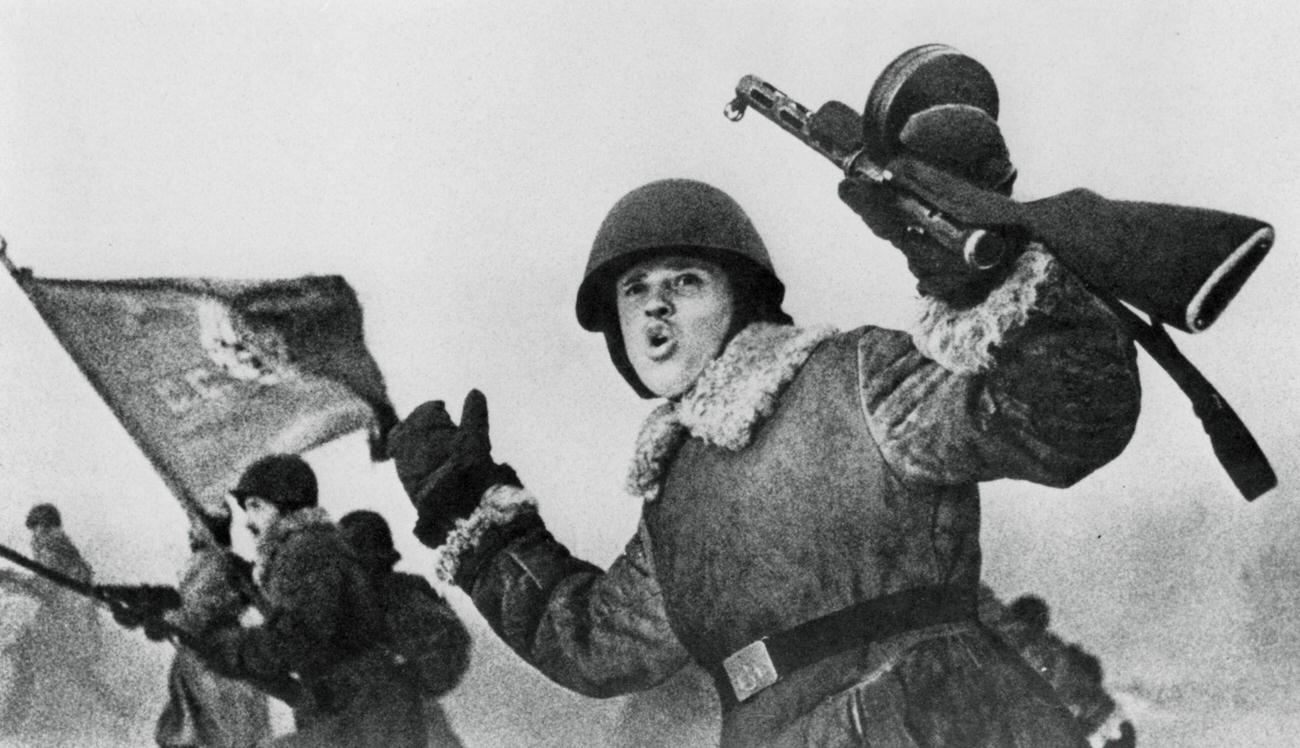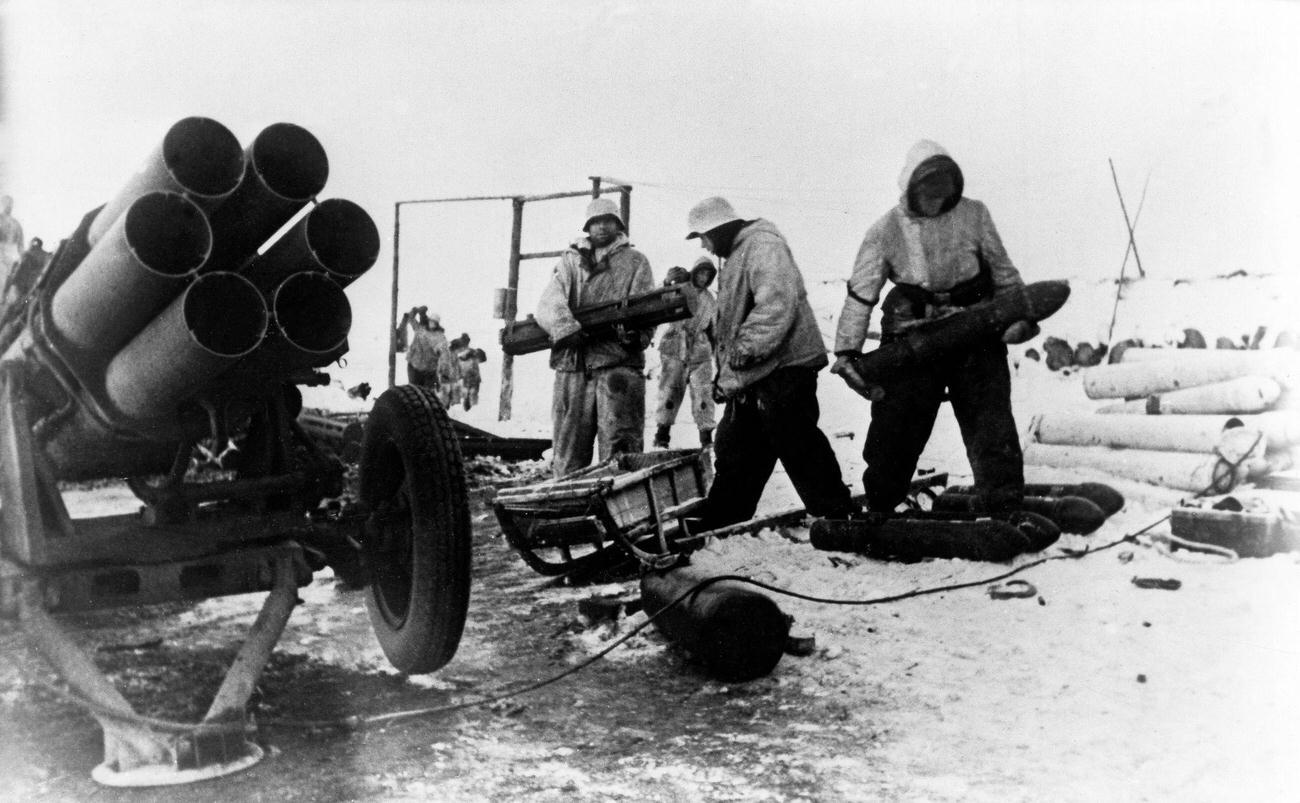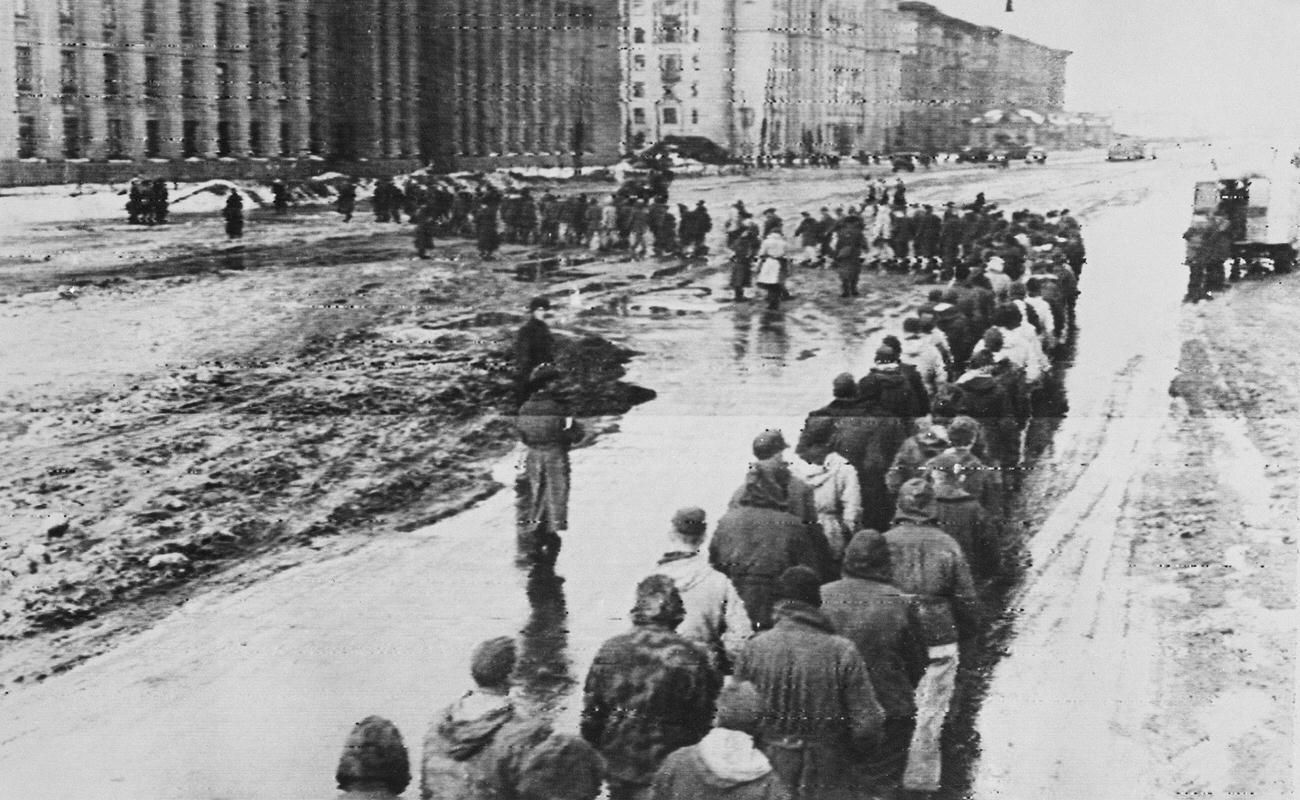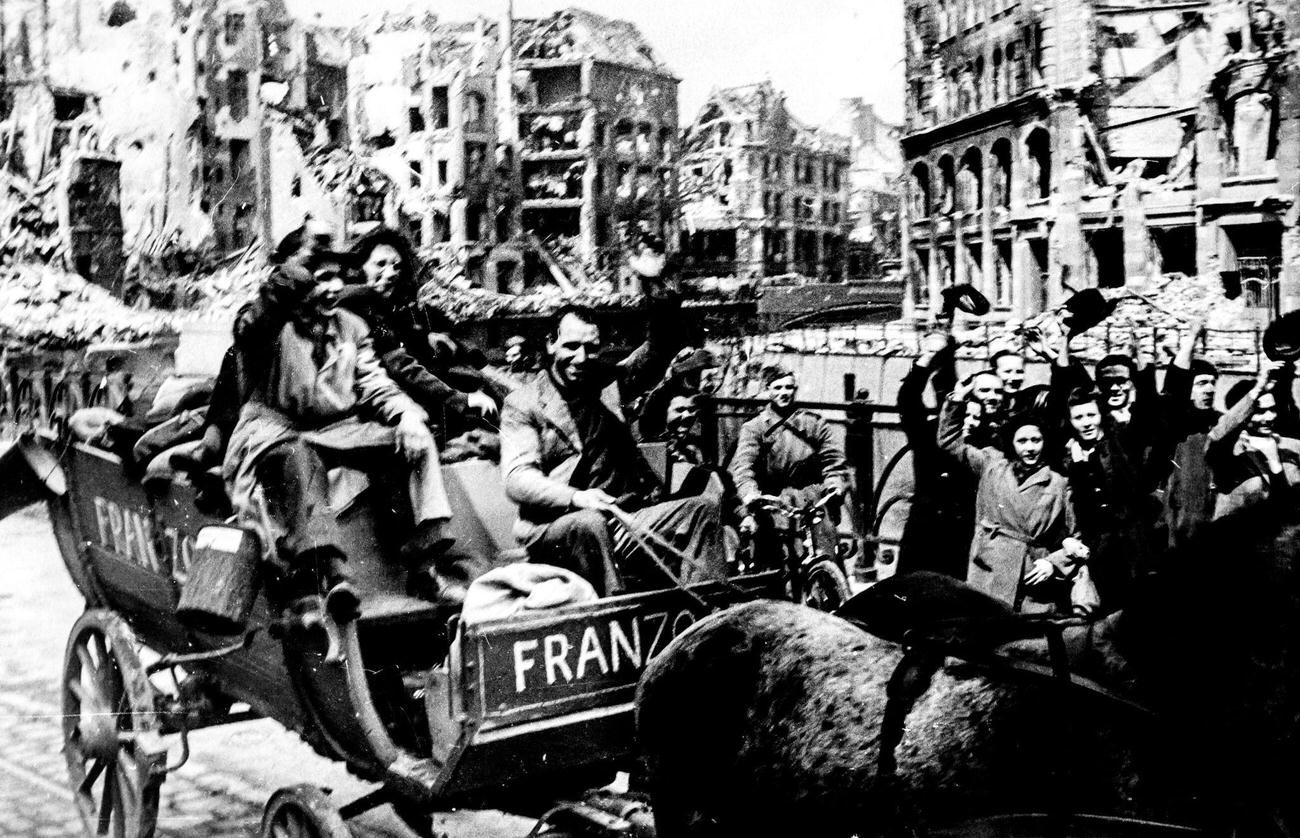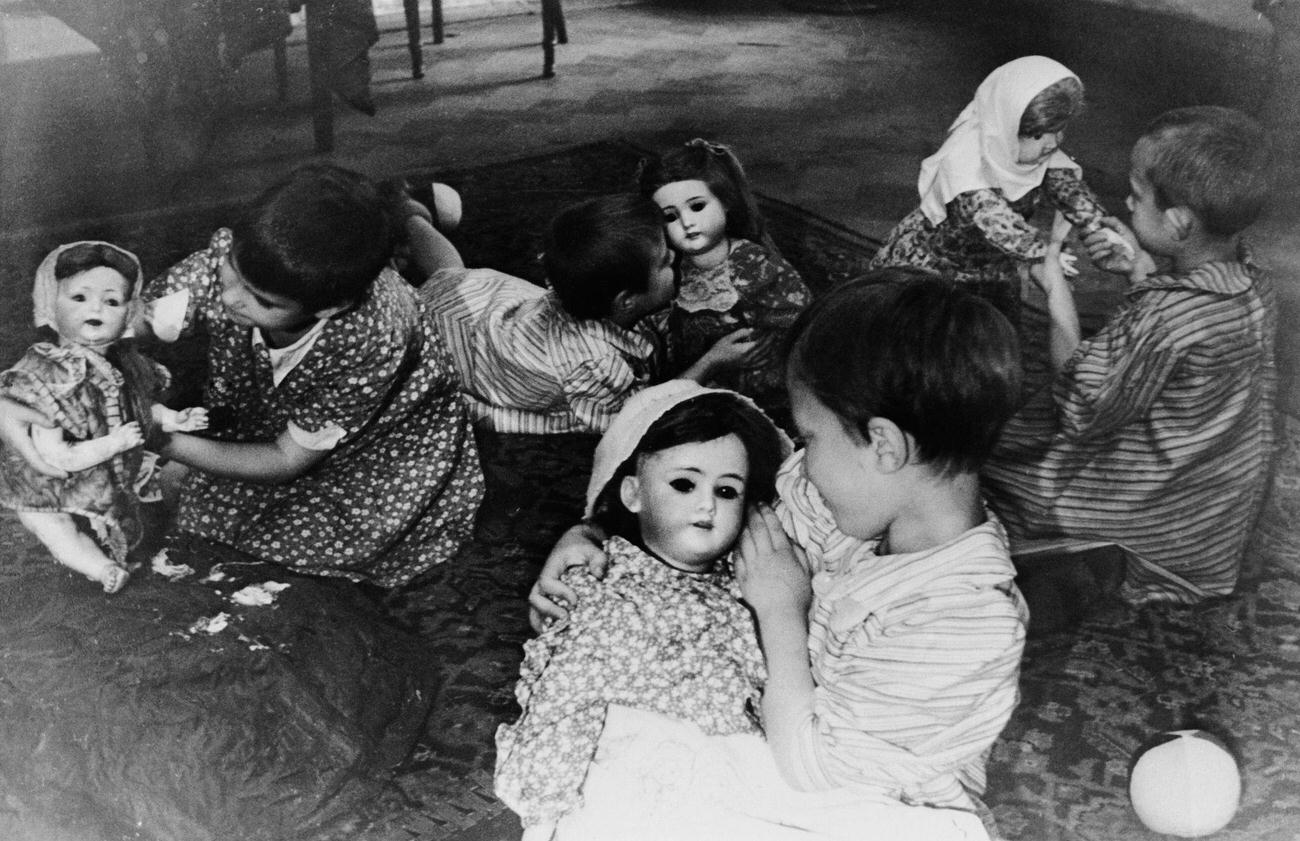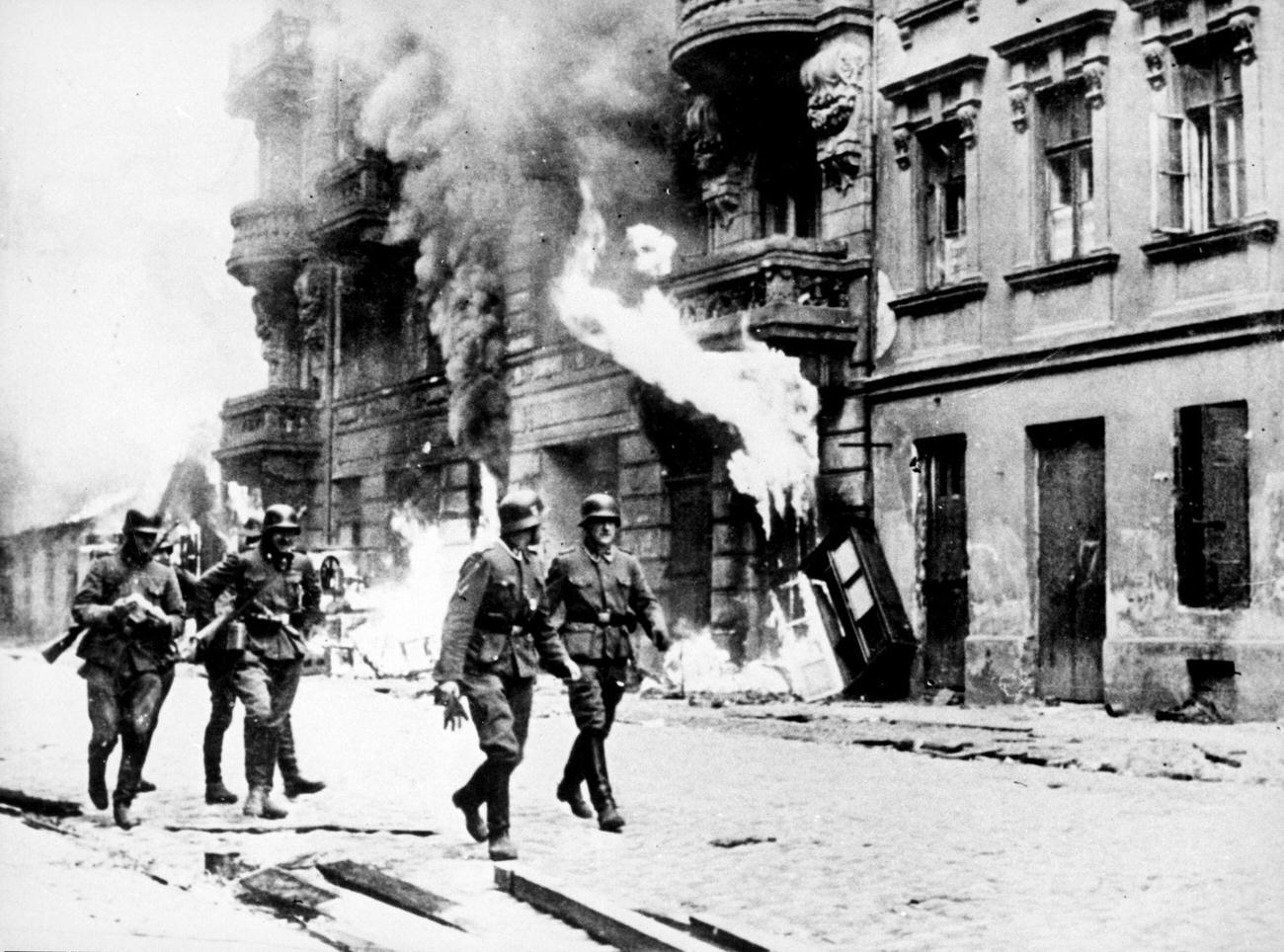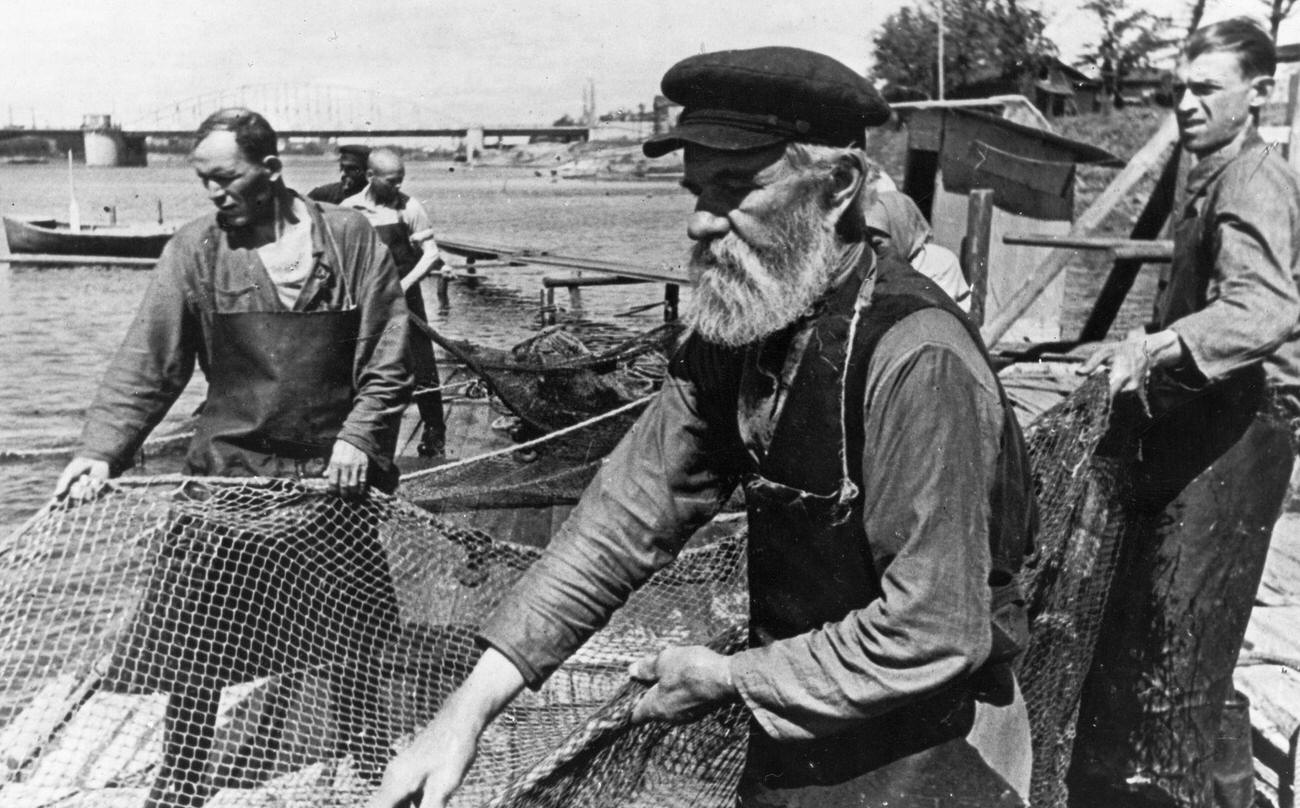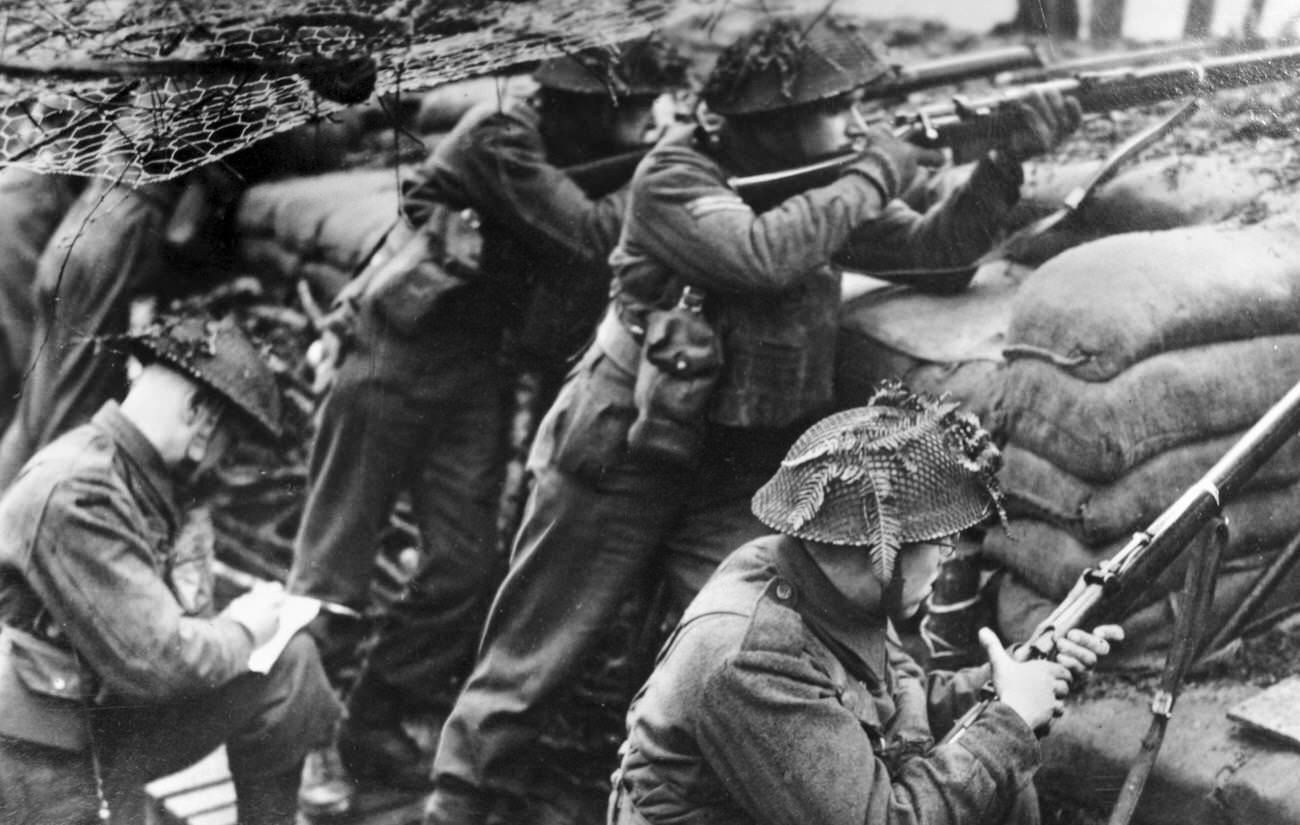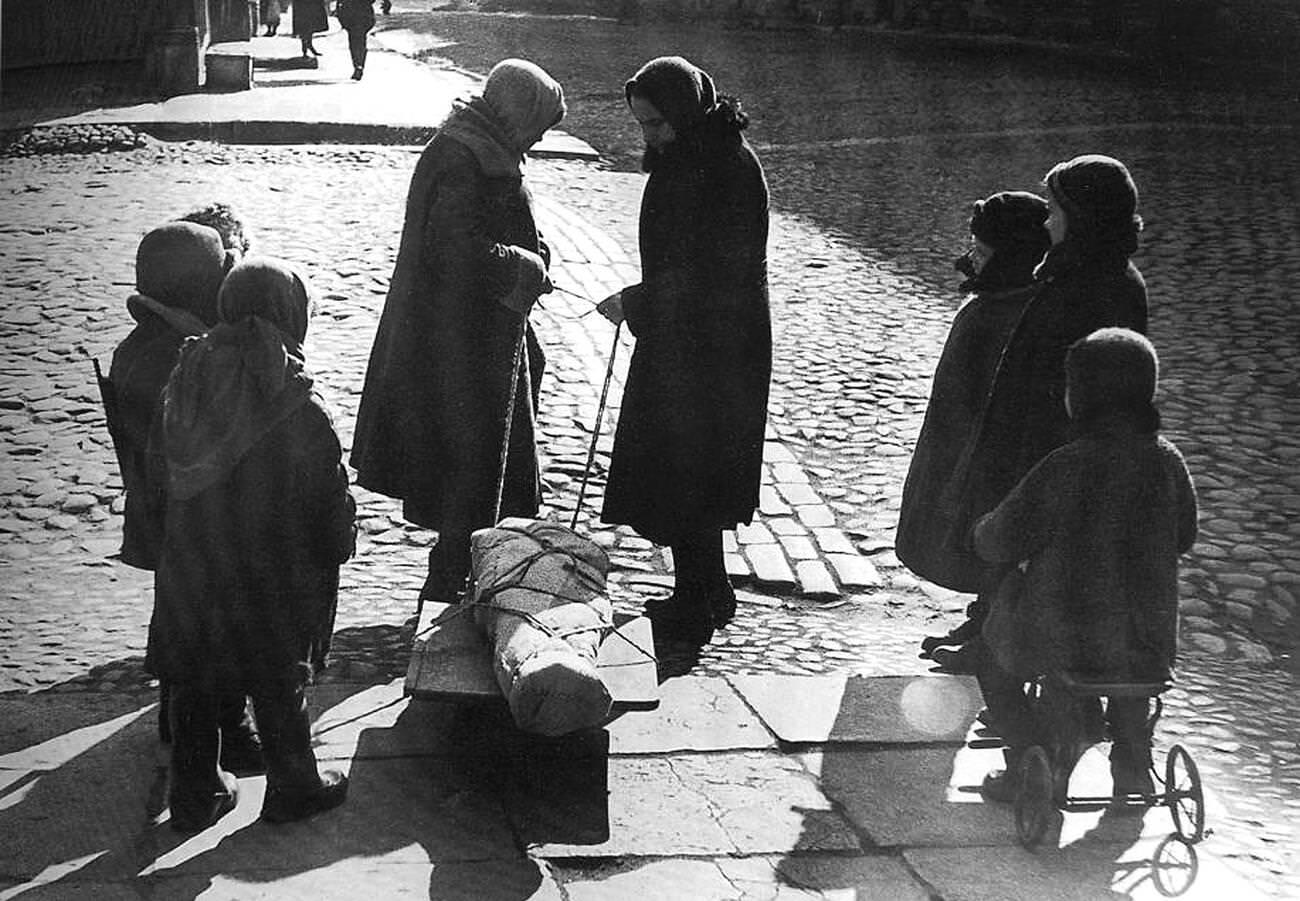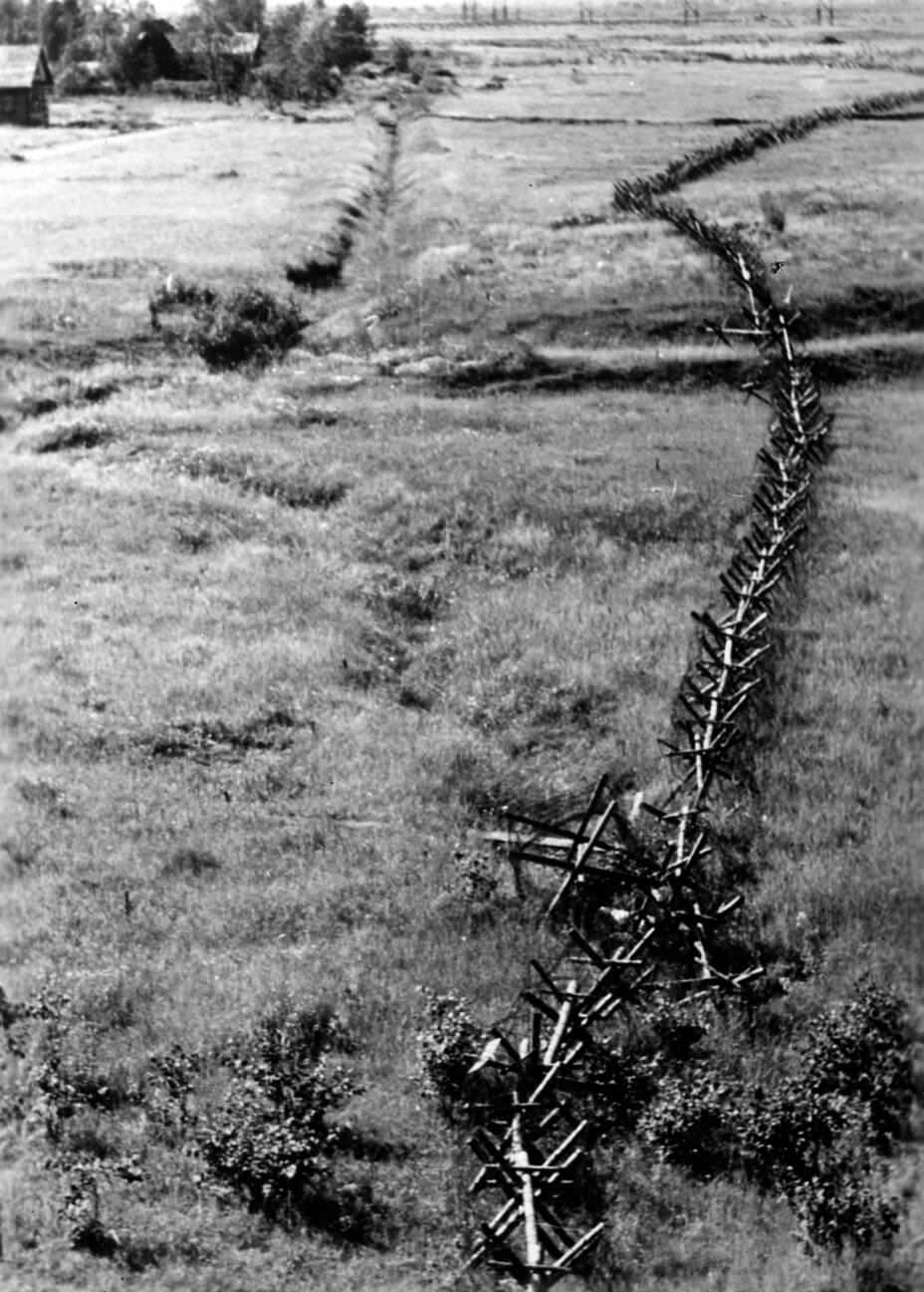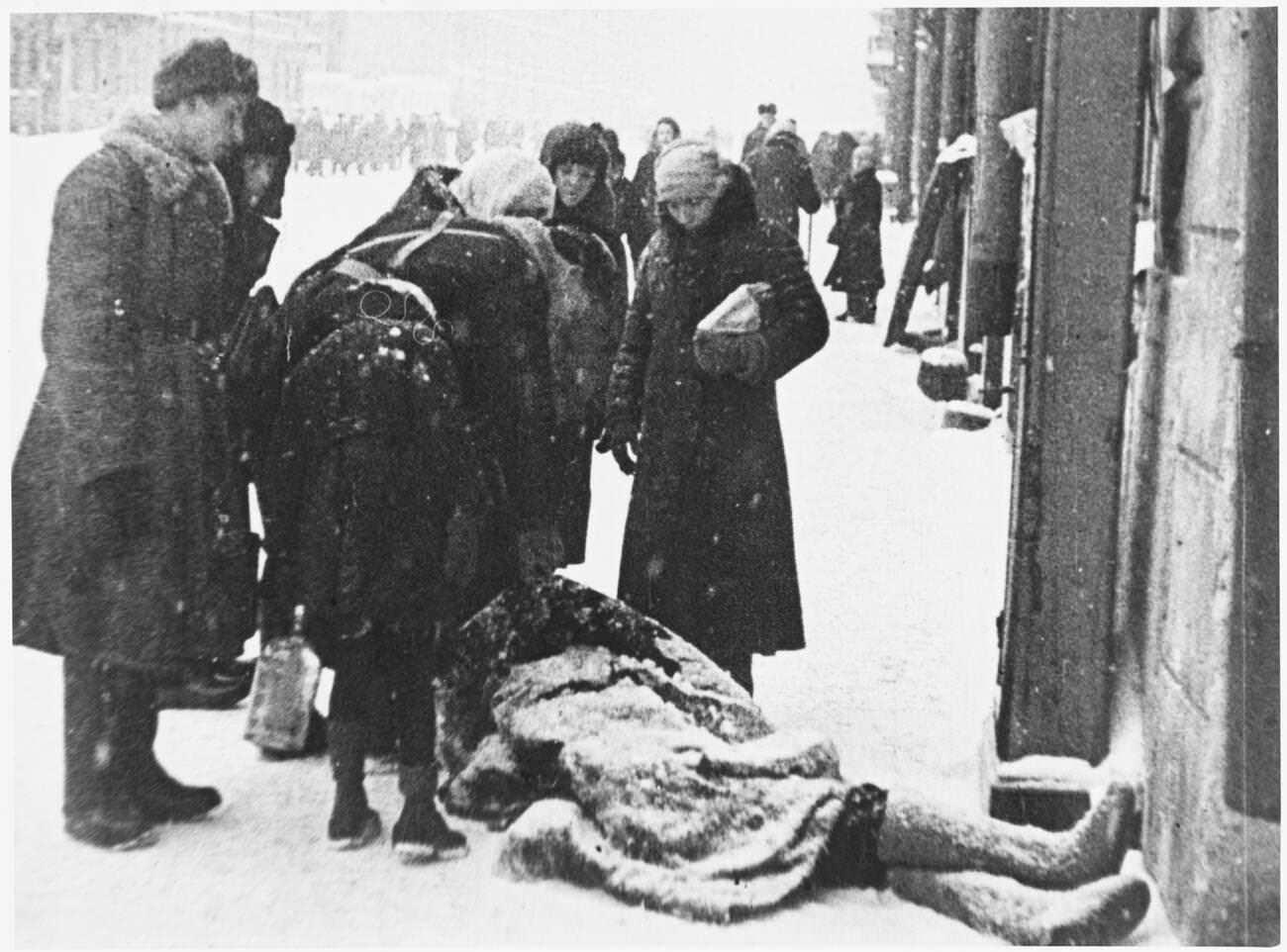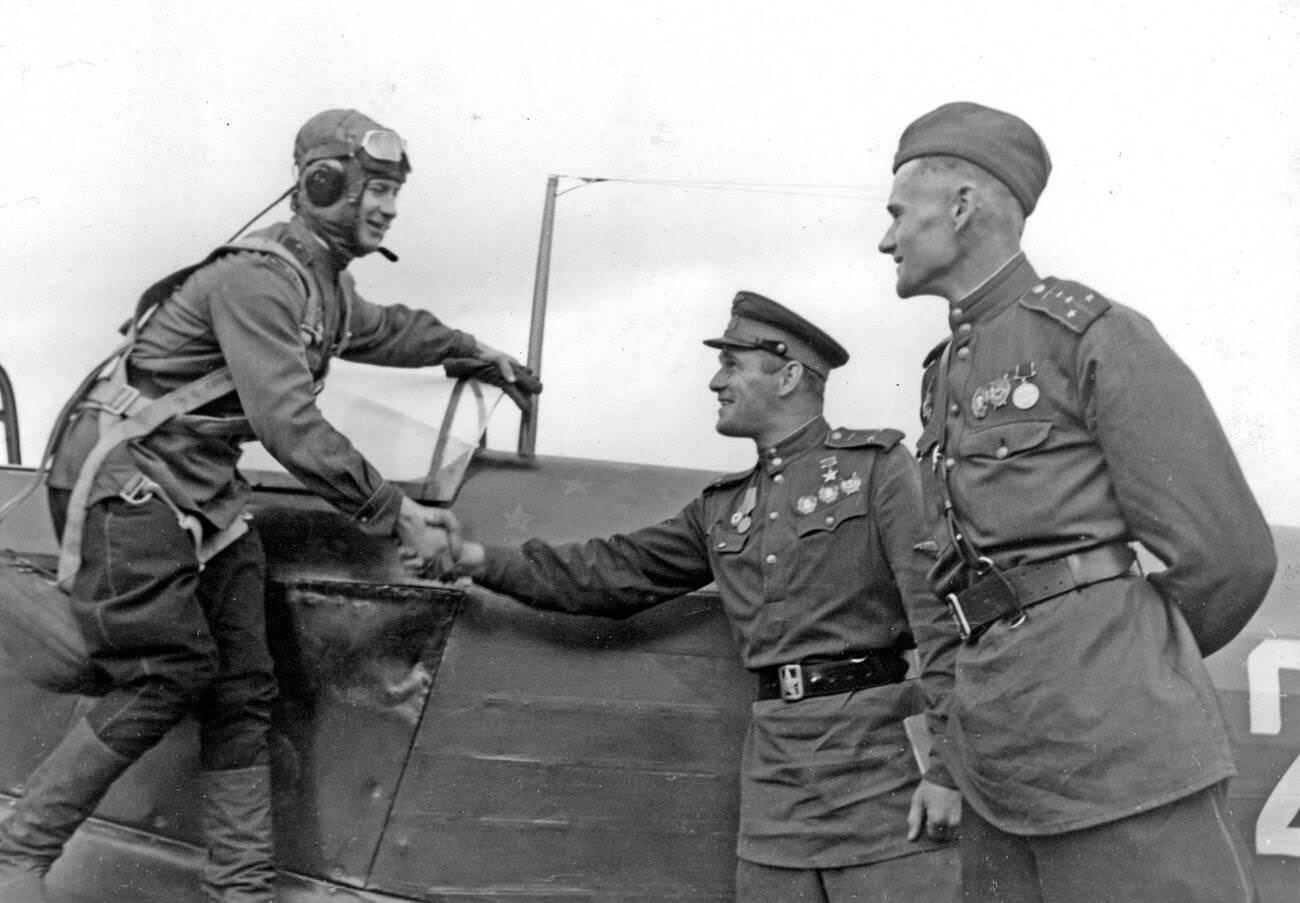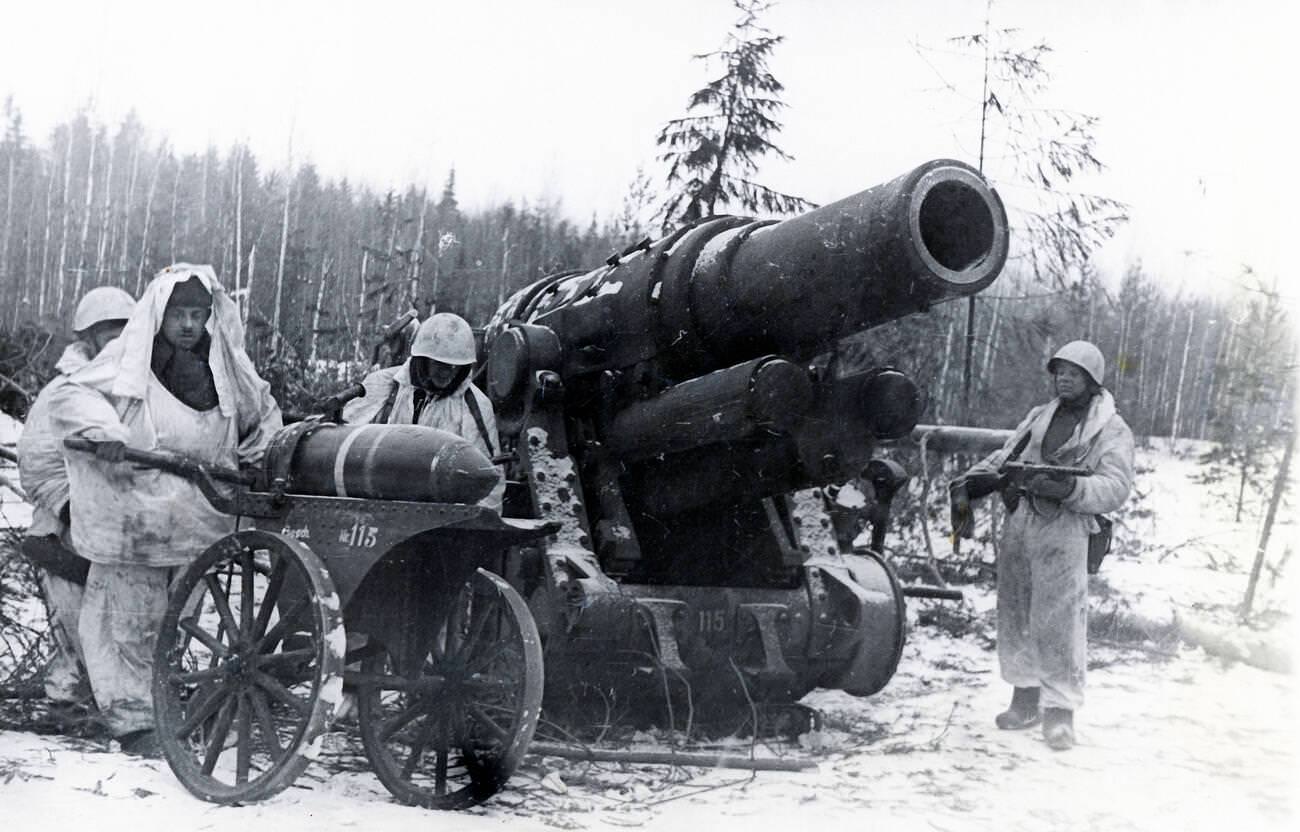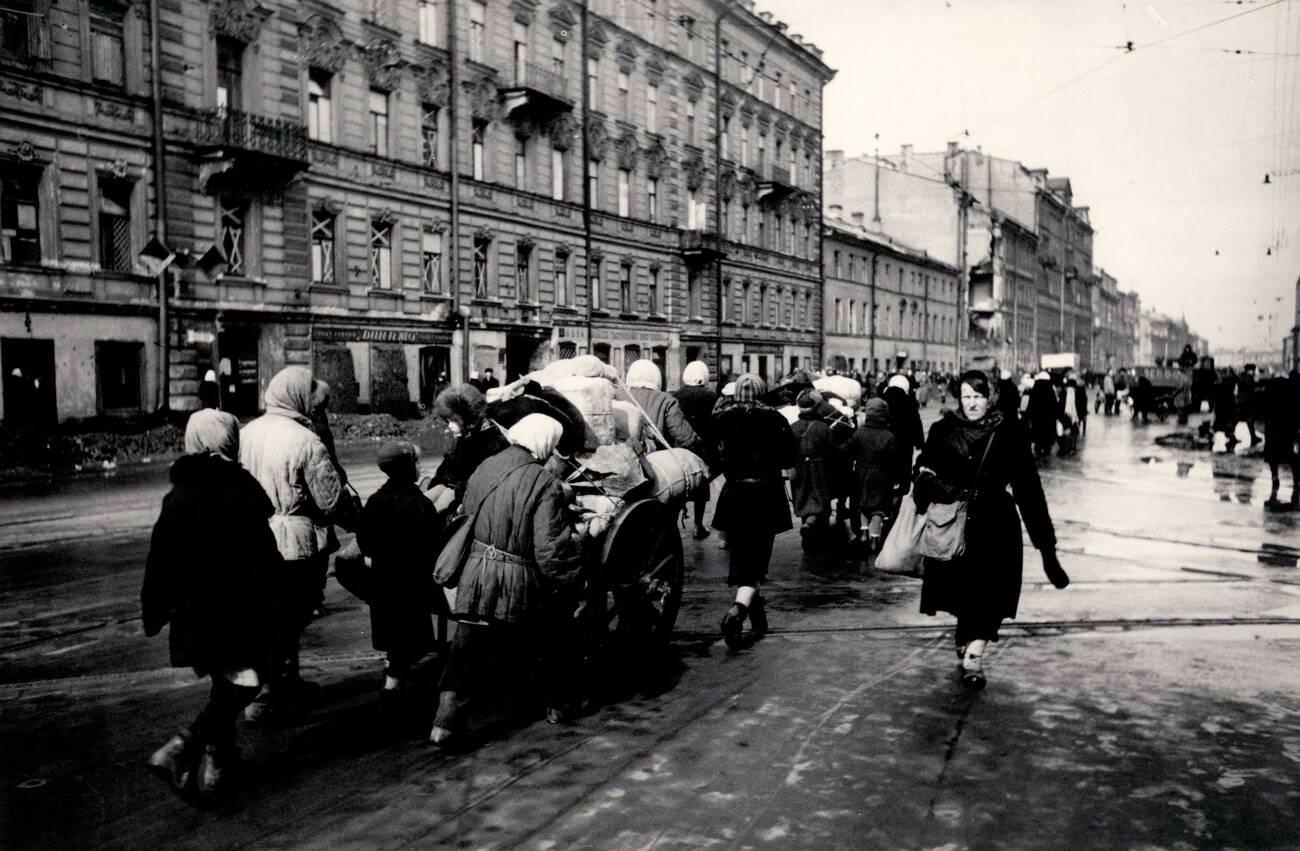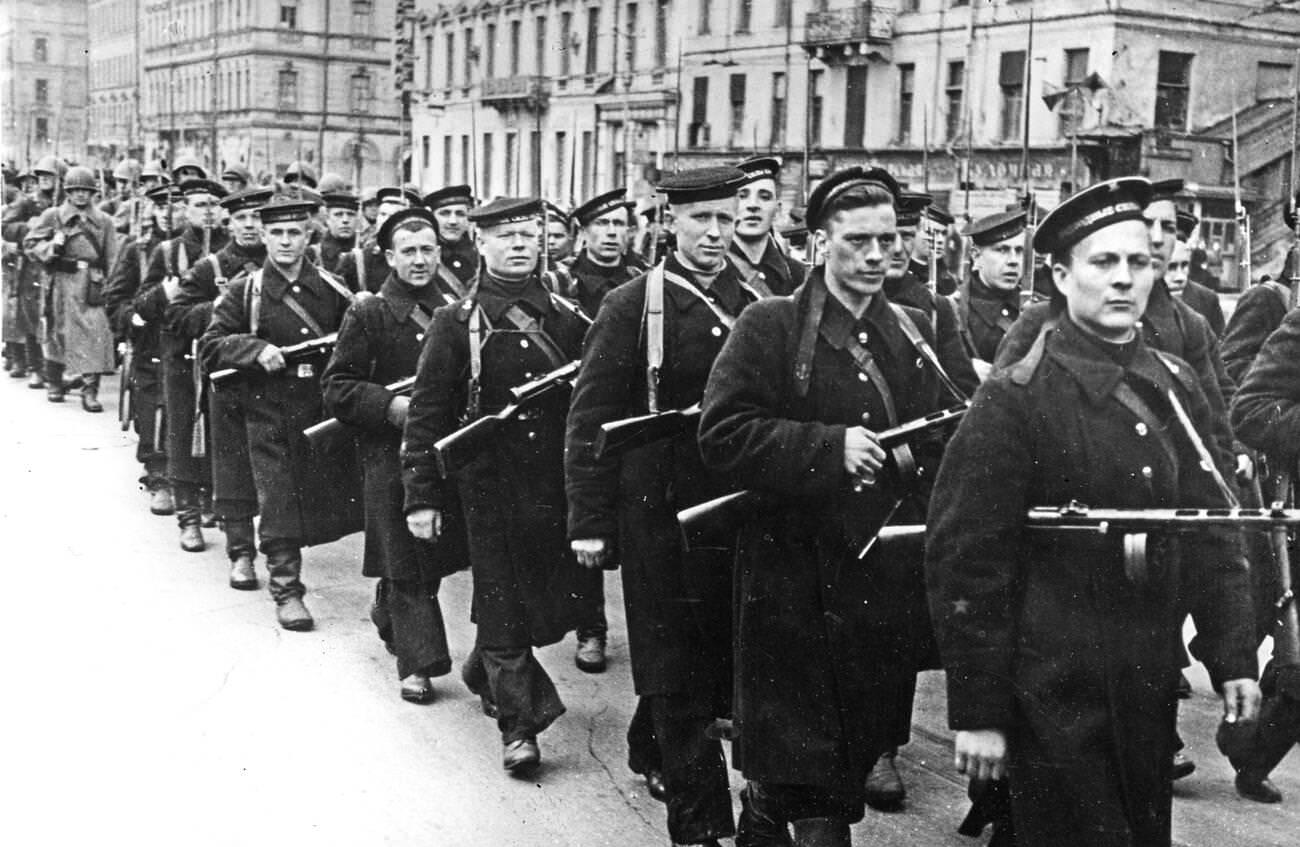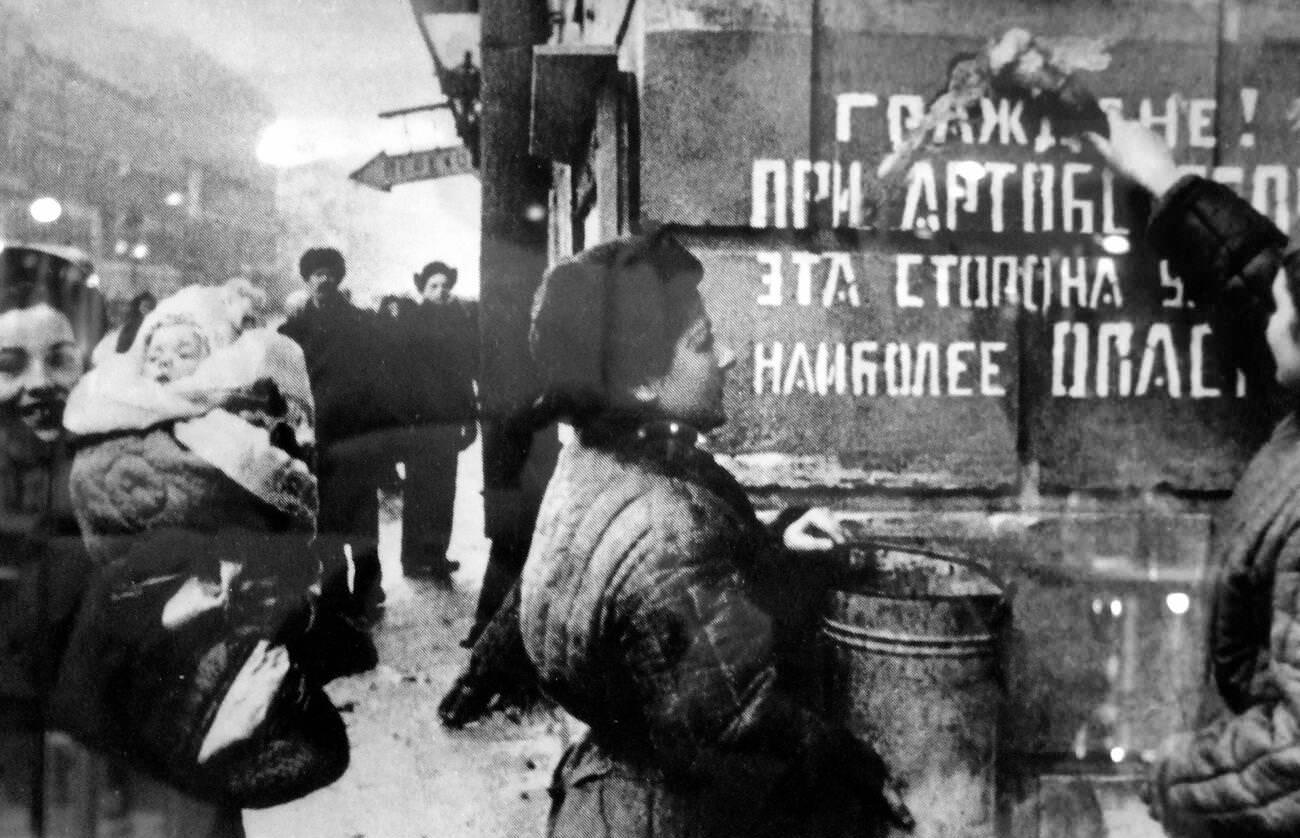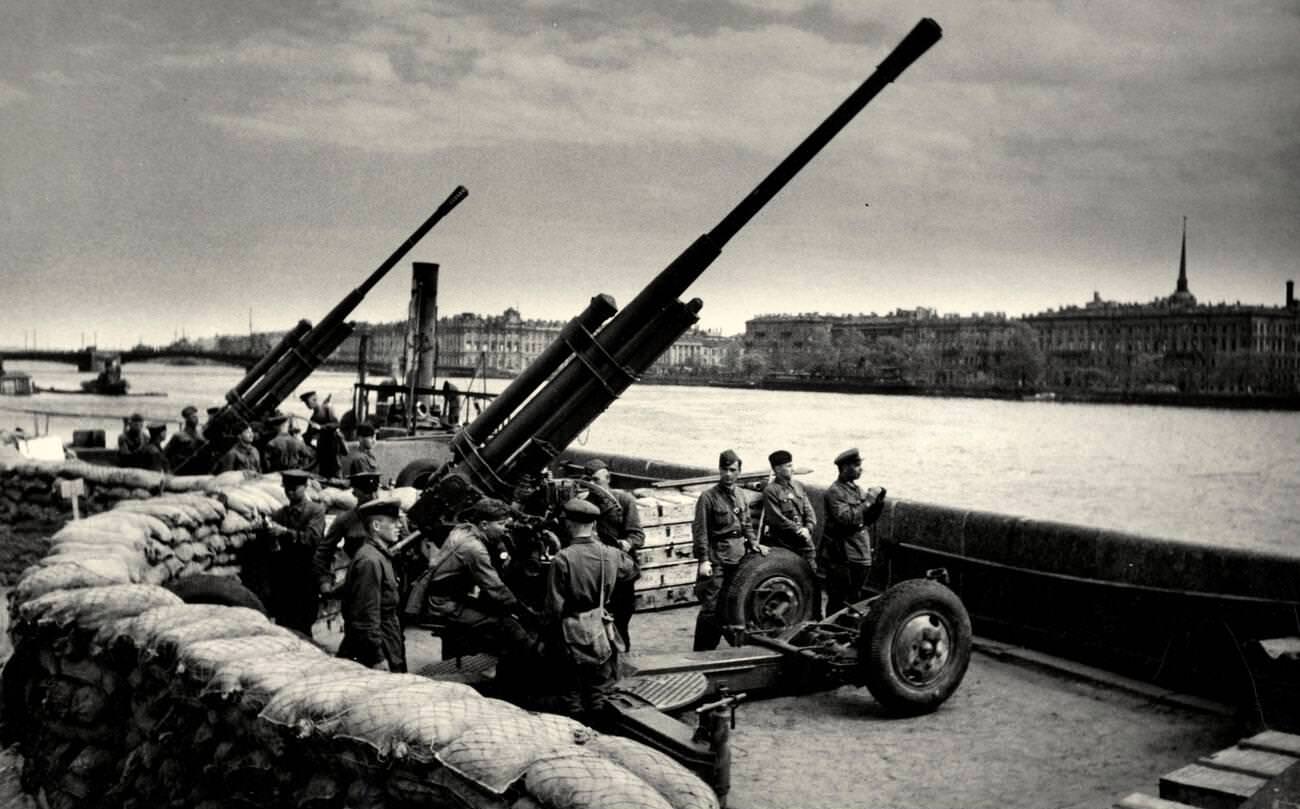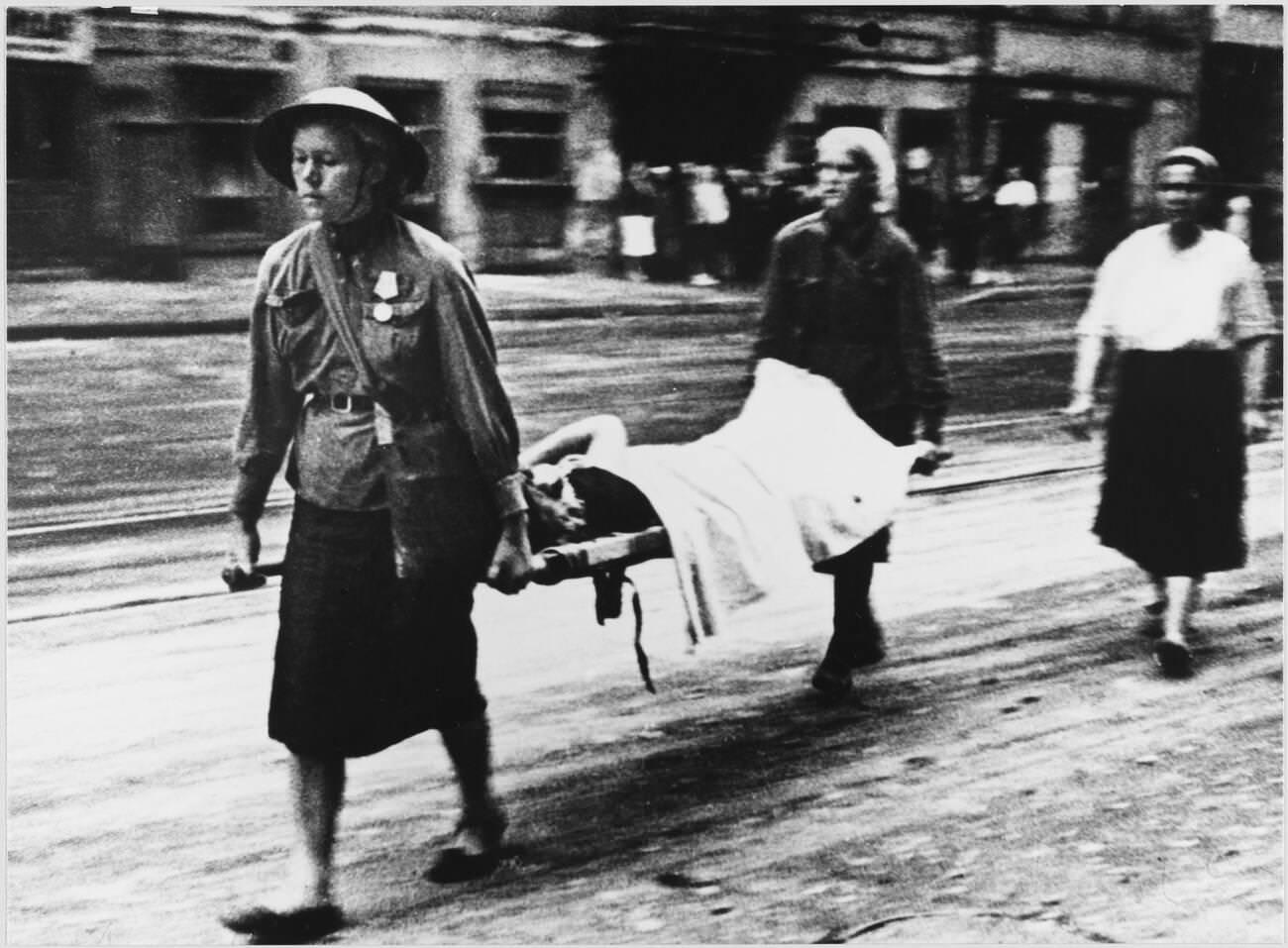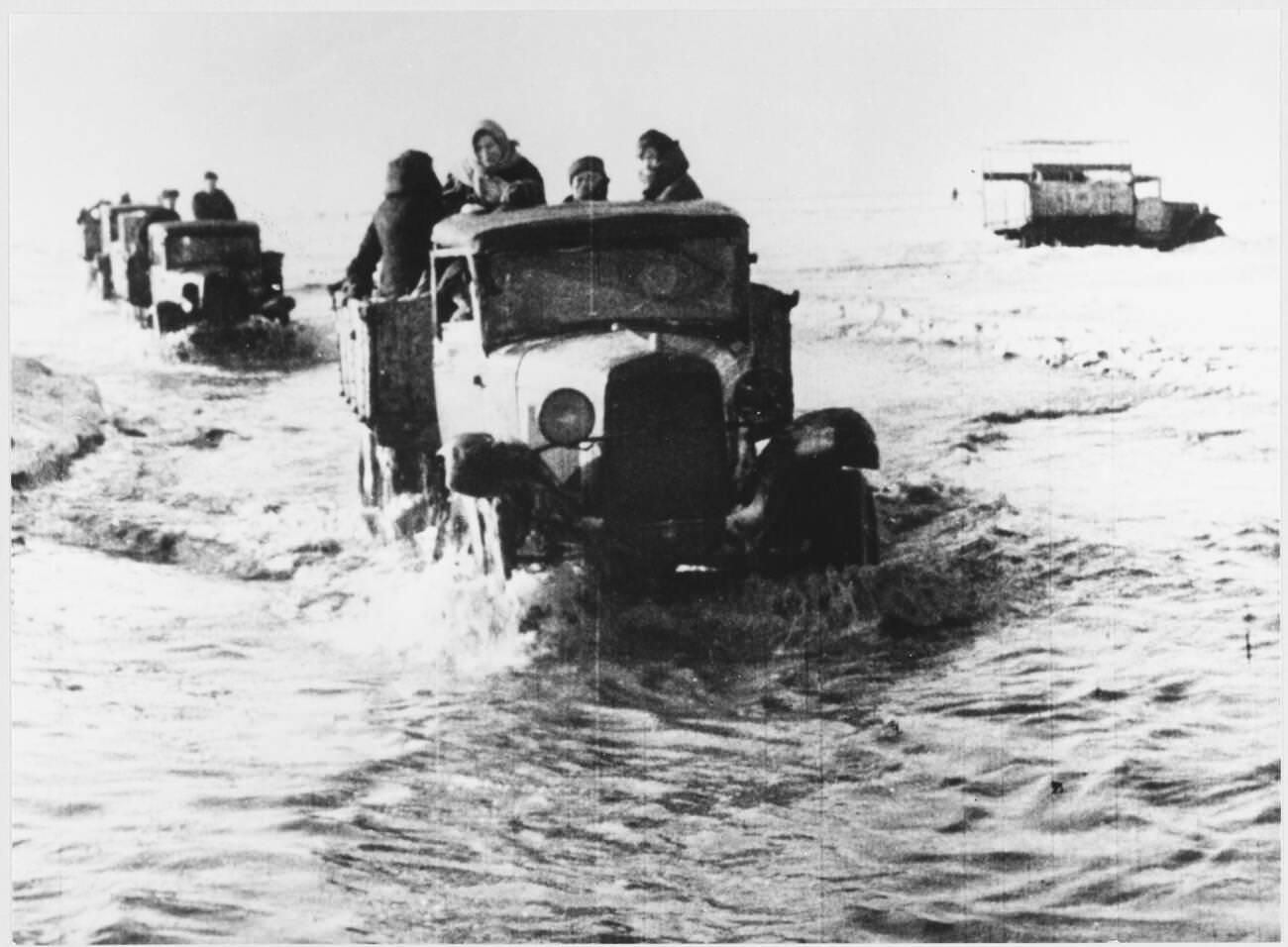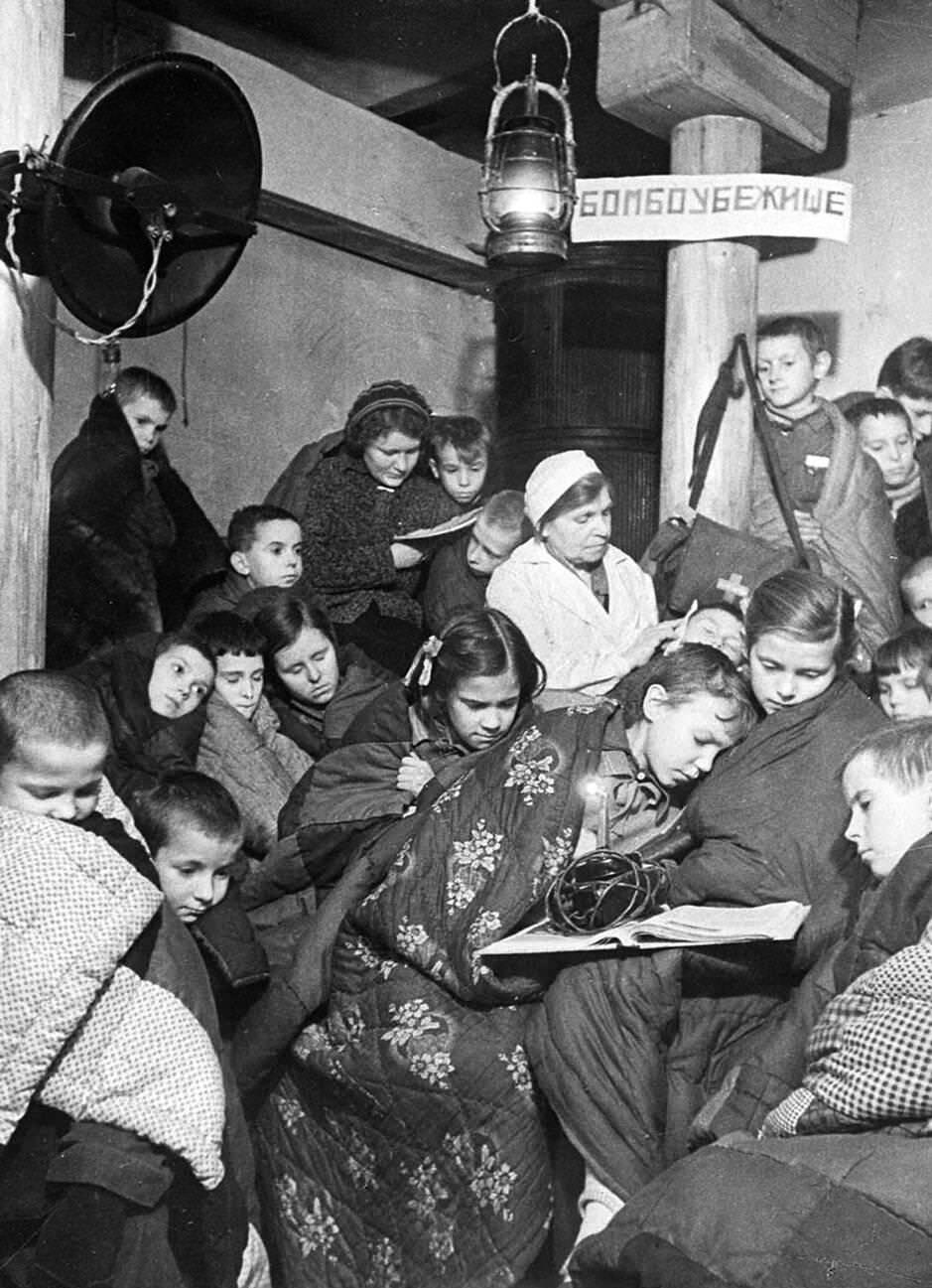The Siege of Leningrad, one of the longest and most destructive sieges in history, took place during World War II. It began on September 8, 1941, when Nazi Germany and Finland encircled Leningrad (now Saint Petersburg), the Soviet Union’s second-largest city. This siege was part of Operation Barbarossa, the German invasion of the Soviet Union, which started on June 22, 1941. The strategic objective for the Germans was to capture Leningrad, a major industrial and logistic city, and to sever the Soviet Union’s access to the Baltic Sea.
Initial German Advances and Encirclement
Initially, German forces advanced rapidly in the Soviet Union. By late July 1941, they reached the outskirts of Leningrad. The city was surrounded from the south, and Finnish forces closed in from the north. The blockade effectively isolated the city from the rest of the Soviet Union. By early September, the only way to reach the city was through Lake Ladoga, a route that would later become known as the “Road of Life.”
The Hardships Inside Leningrad
The siege led to extreme hardship for the residents of Leningrad. Food and fuel supplies quickly dwindled, leading to severe famine and cold. Rationing was implemented, but the rations were insufficient to sustain life. The winter of 1941-1942 was particularly brutal, with temperatures dropping well below freezing, worsening the living conditions. Starvation and civilian casualties increased dramatically during this period.
The Road of Life
In response to the dire situation, the Soviets established the Road of Life across the frozen Lake Ladoga. This ice road became a crucial supply line, over which food and fuel were transported into the city, and civilians were evacuated. Despite constant bombing and shelling by German forces, this route remained operational and was critical for the survival of Leningrad’s population.
Soviet Resistance and Fortifications
Despite the harsh conditions, the city’s defenders, including civilians, showed remarkable resilience. They built extensive fortifications, including anti-tank ditches and artillery emplacements, turning Leningrad into a heavily fortified position. The city’s factories were also adapted to produce war materiel, contributing to the Soviet war effort.
The Lifting of the Siege
After enduring for over two years, the siege began to weaken. In January 1943, a Soviet offensive operation, Operation Iskra, successfully opened a narrow land corridor to the city along the southern shore of Lake Ladoga. This breakthrough alleviated the city’s isolation, although it did not completely lift the siege. The full lifting of the blockade came about a year later, on January 27, 1944, following a series of Soviet military operations that pushed German forces back.
The Siege of Leningrad lasted for 872 days, from September 8, 1941, to January 27, 1944. It resulted in immense suffering and loss of life, with civilian deaths estimated to be over one million, mostly from starvation. The end of the siege was a significant turning point in the Eastern Front of World War II, marking the beginning


